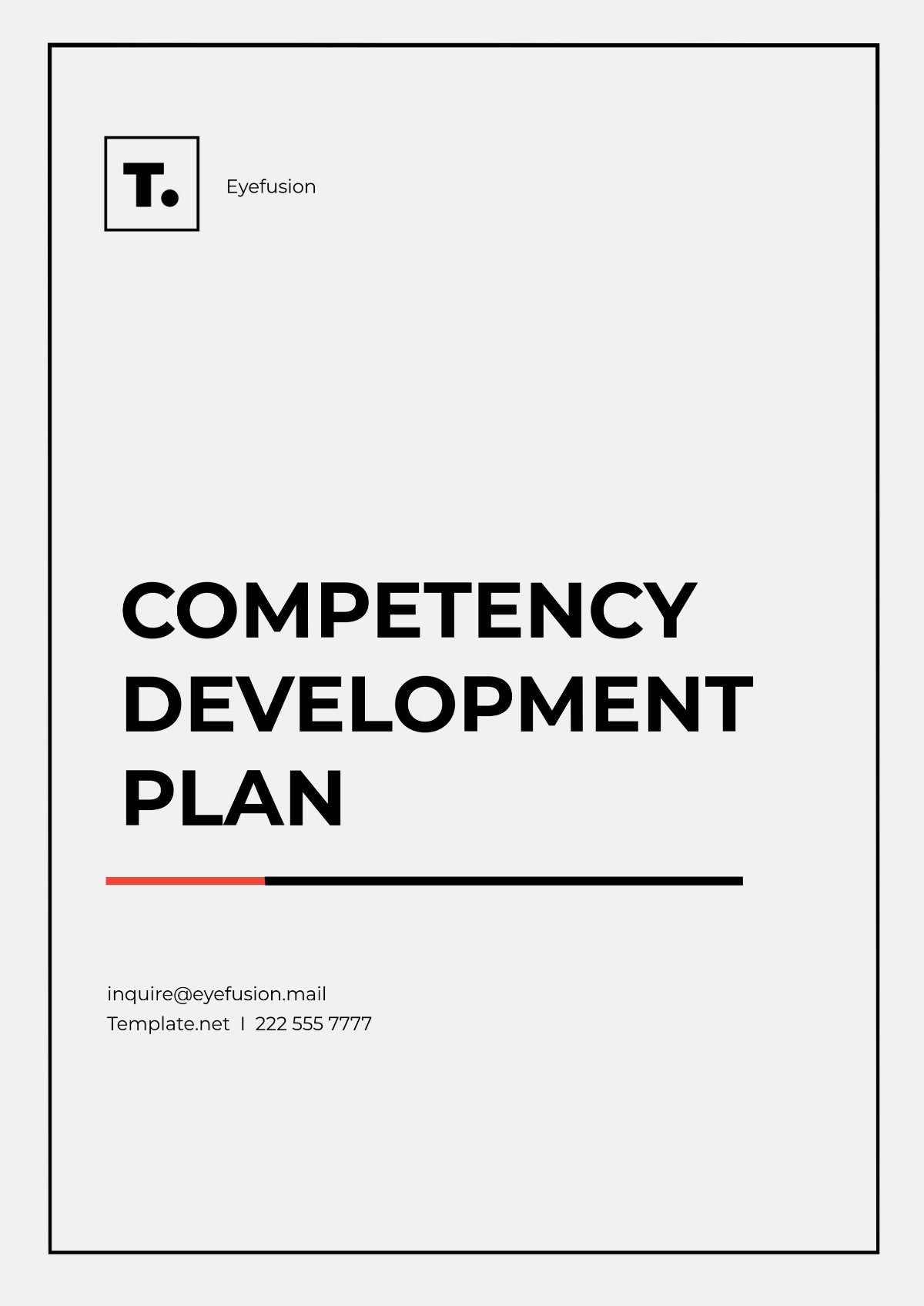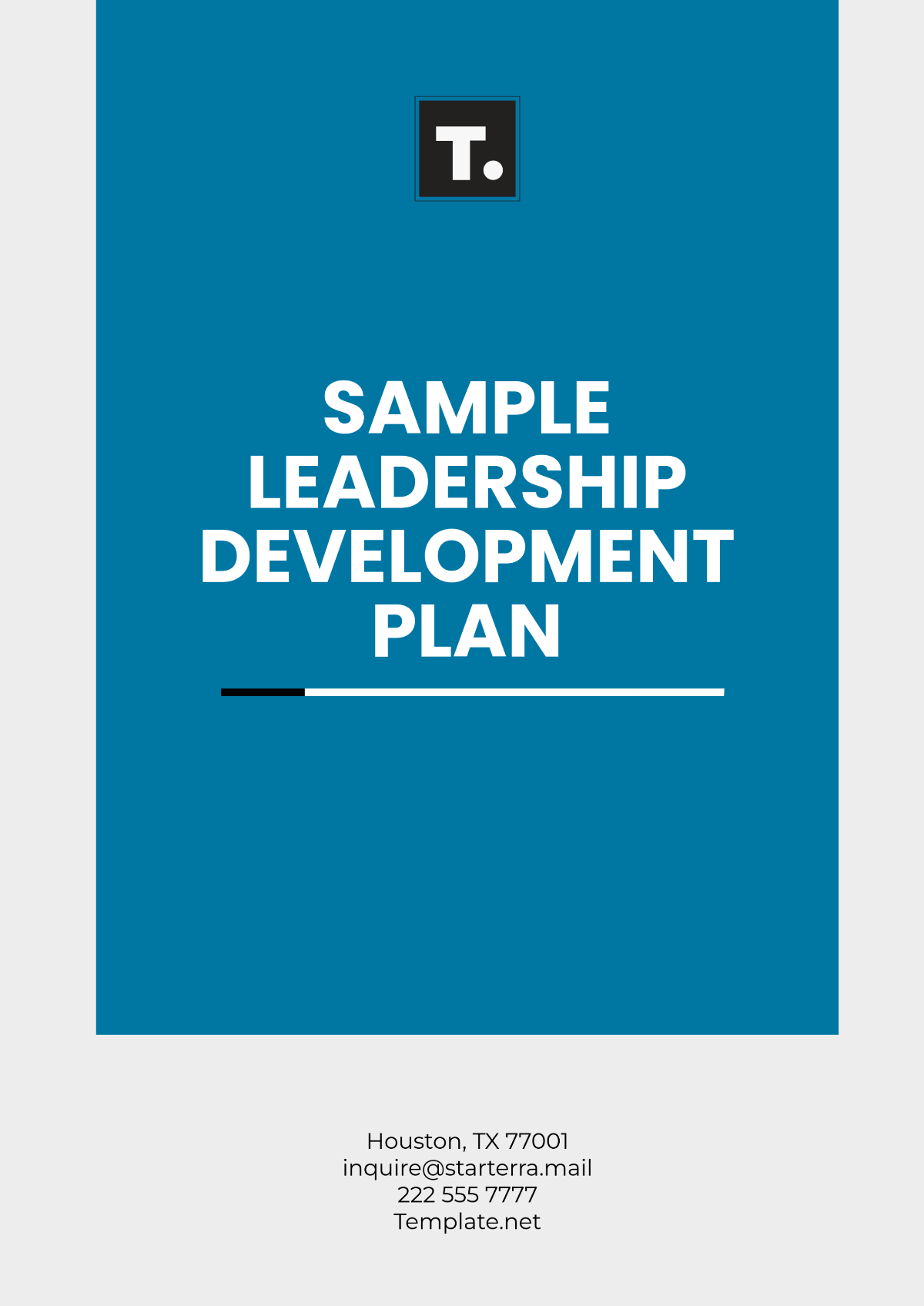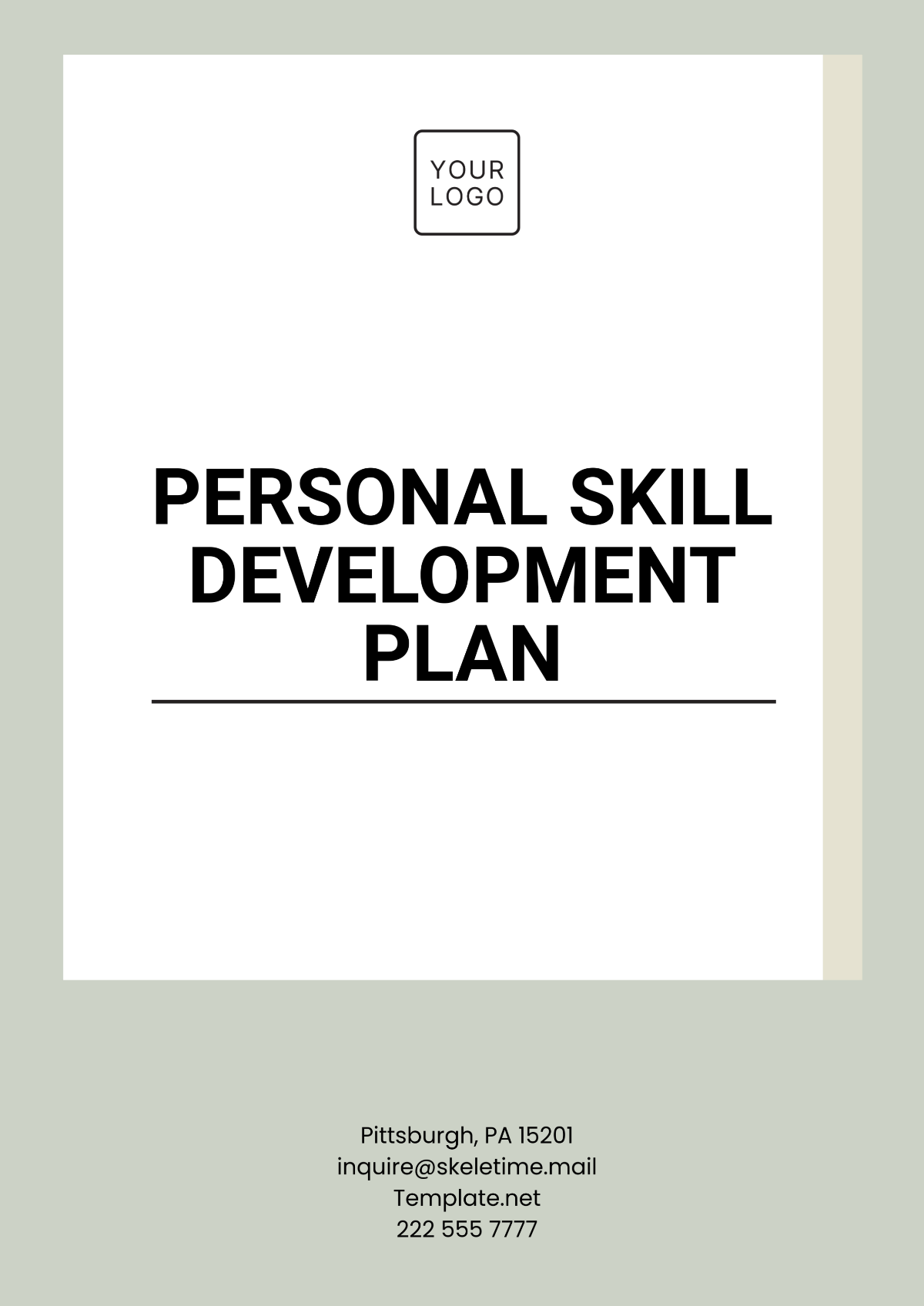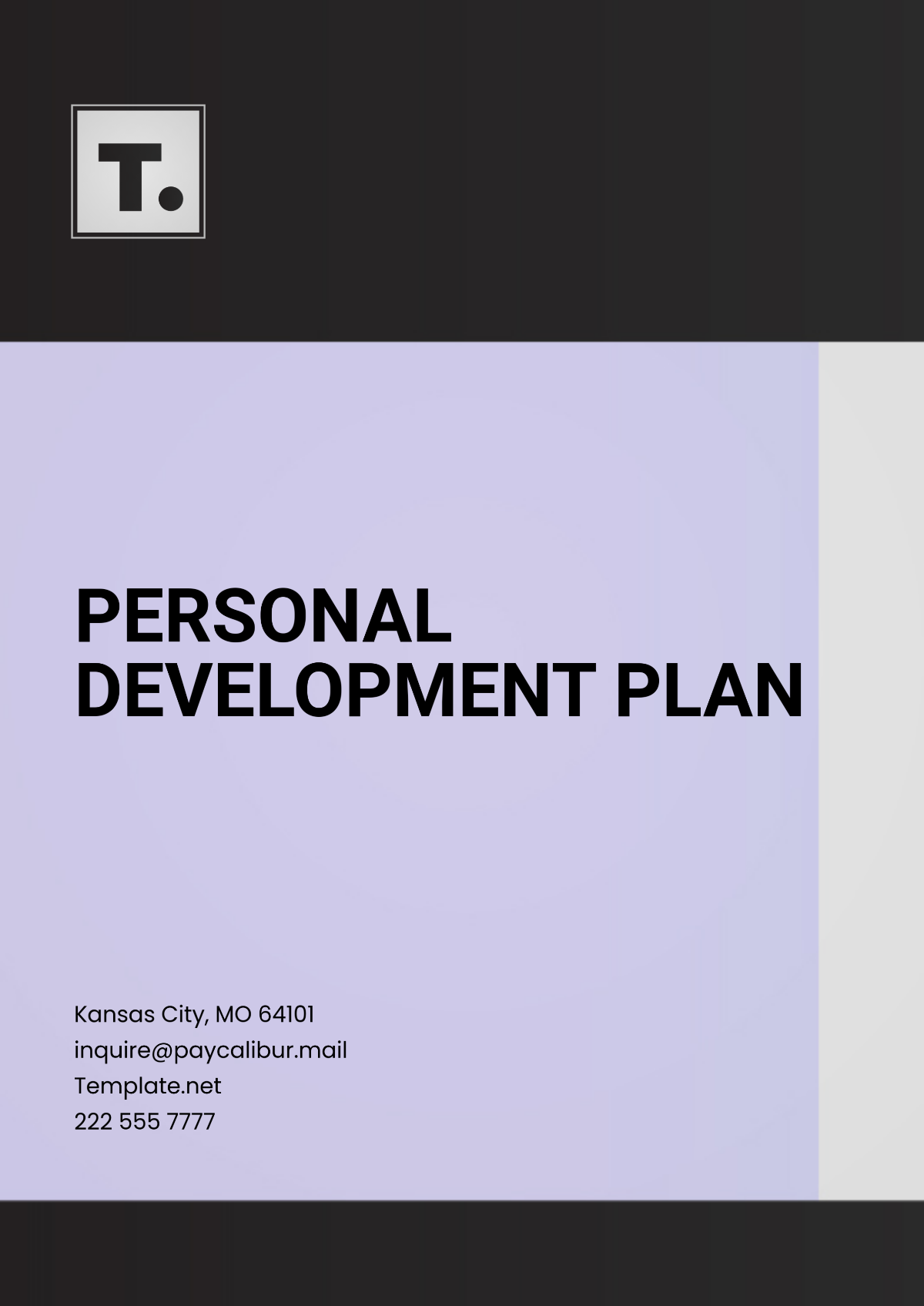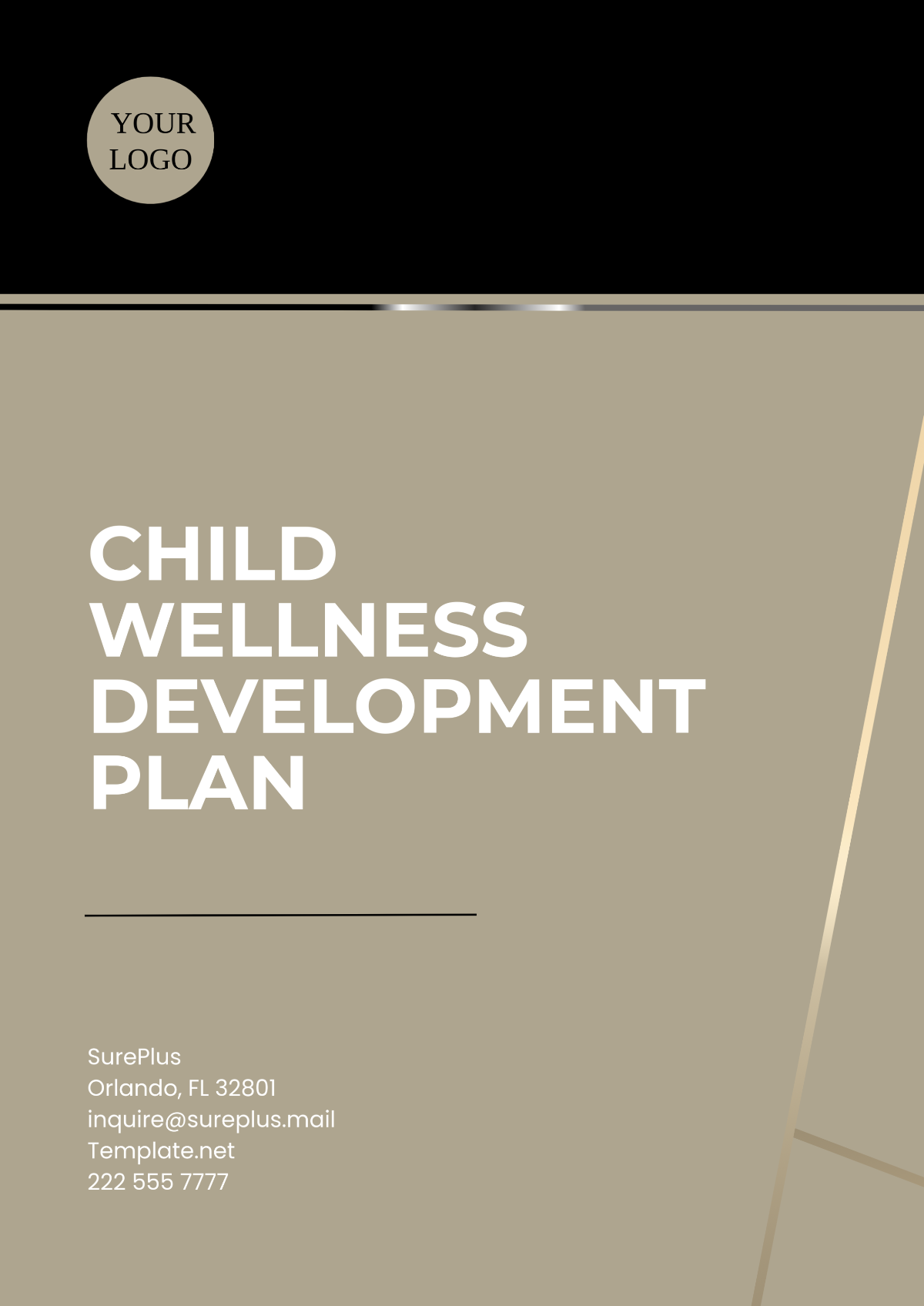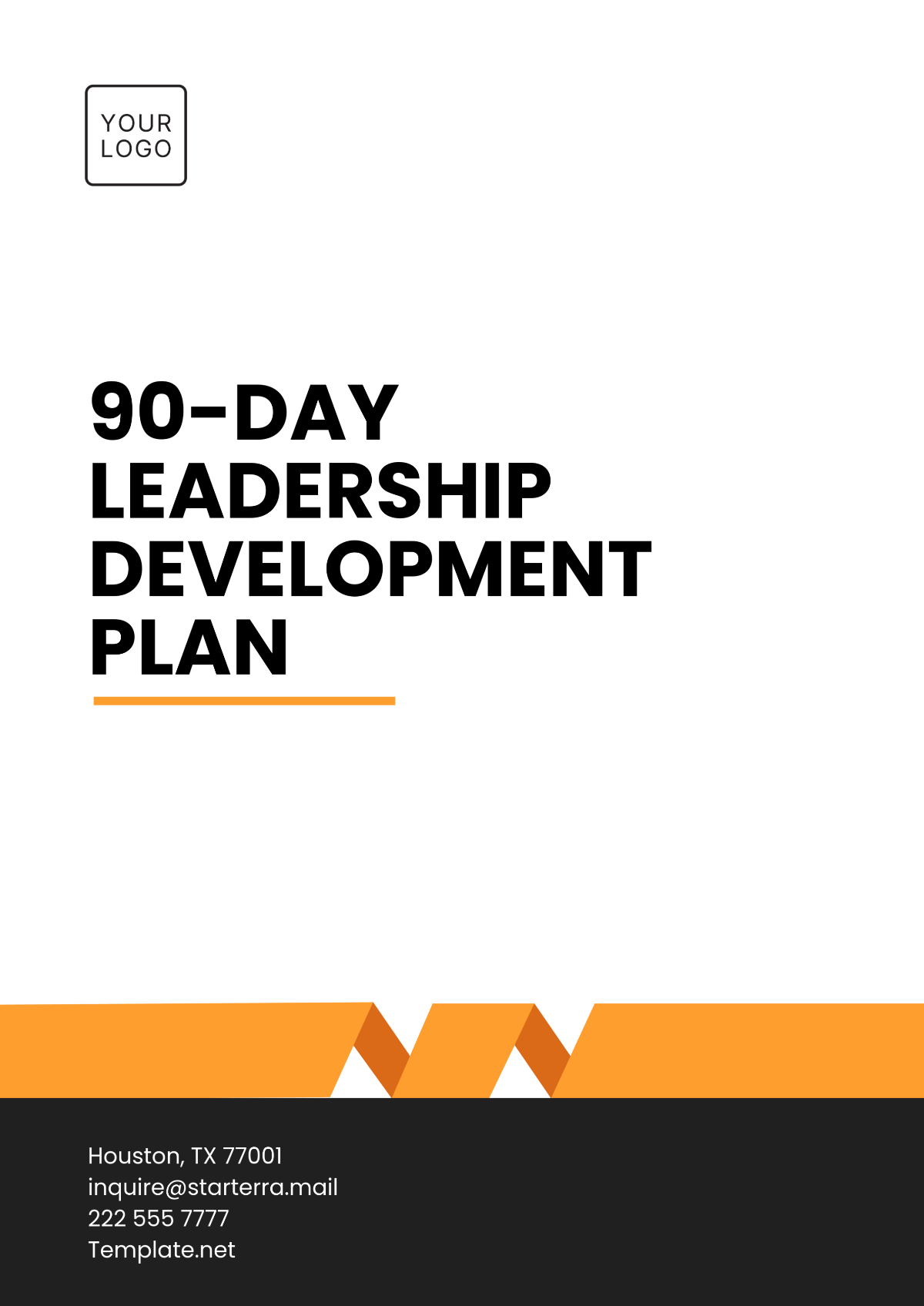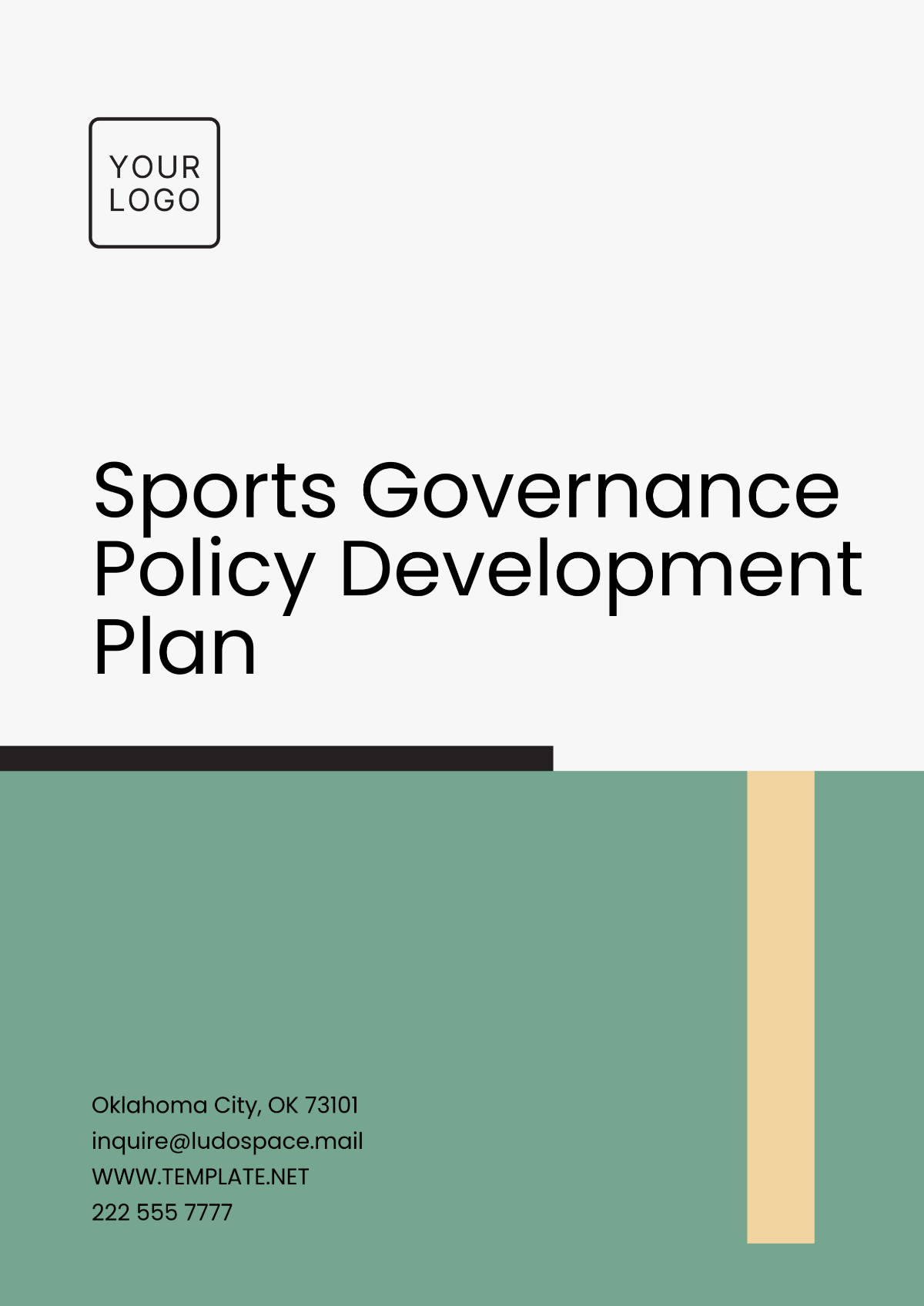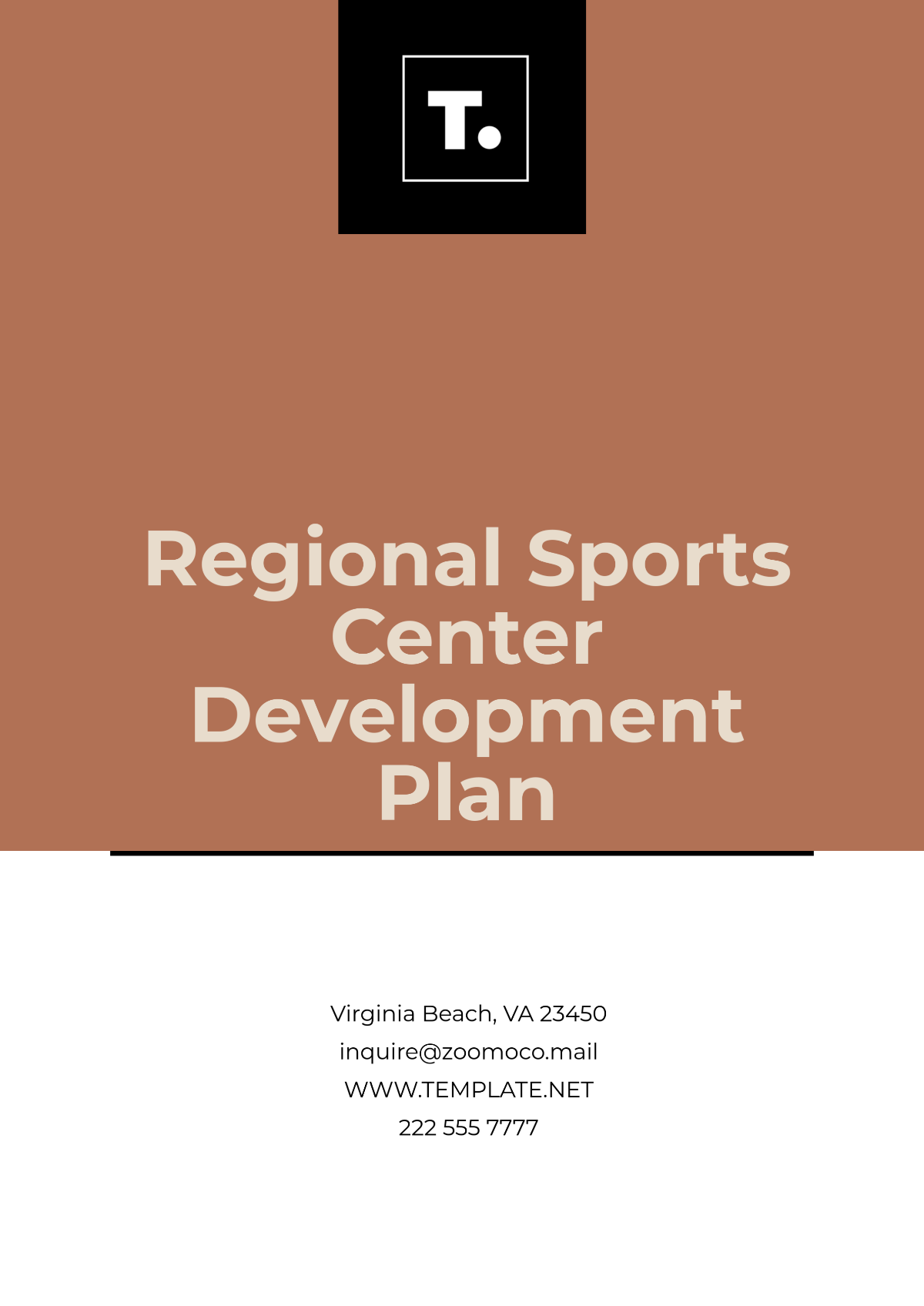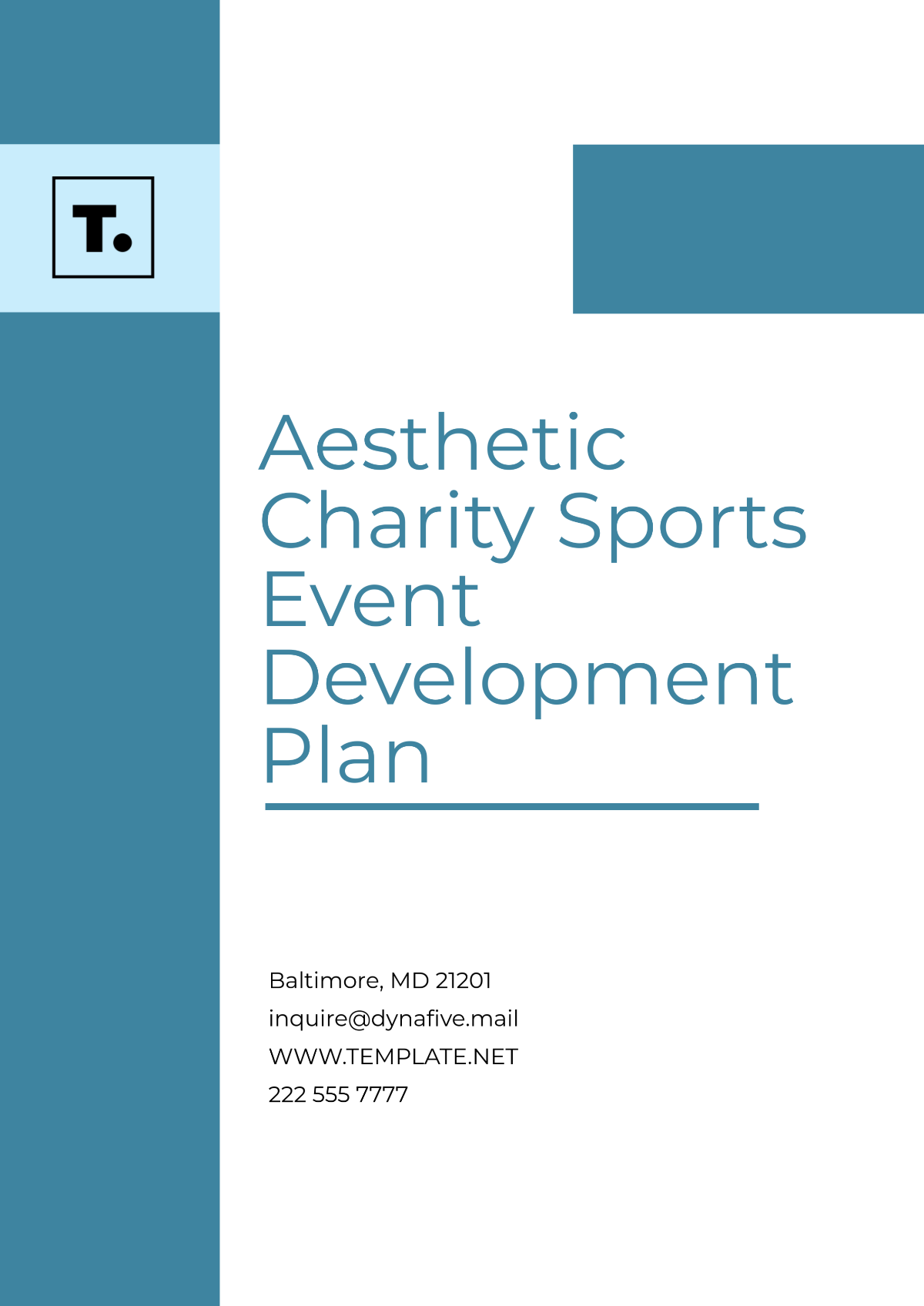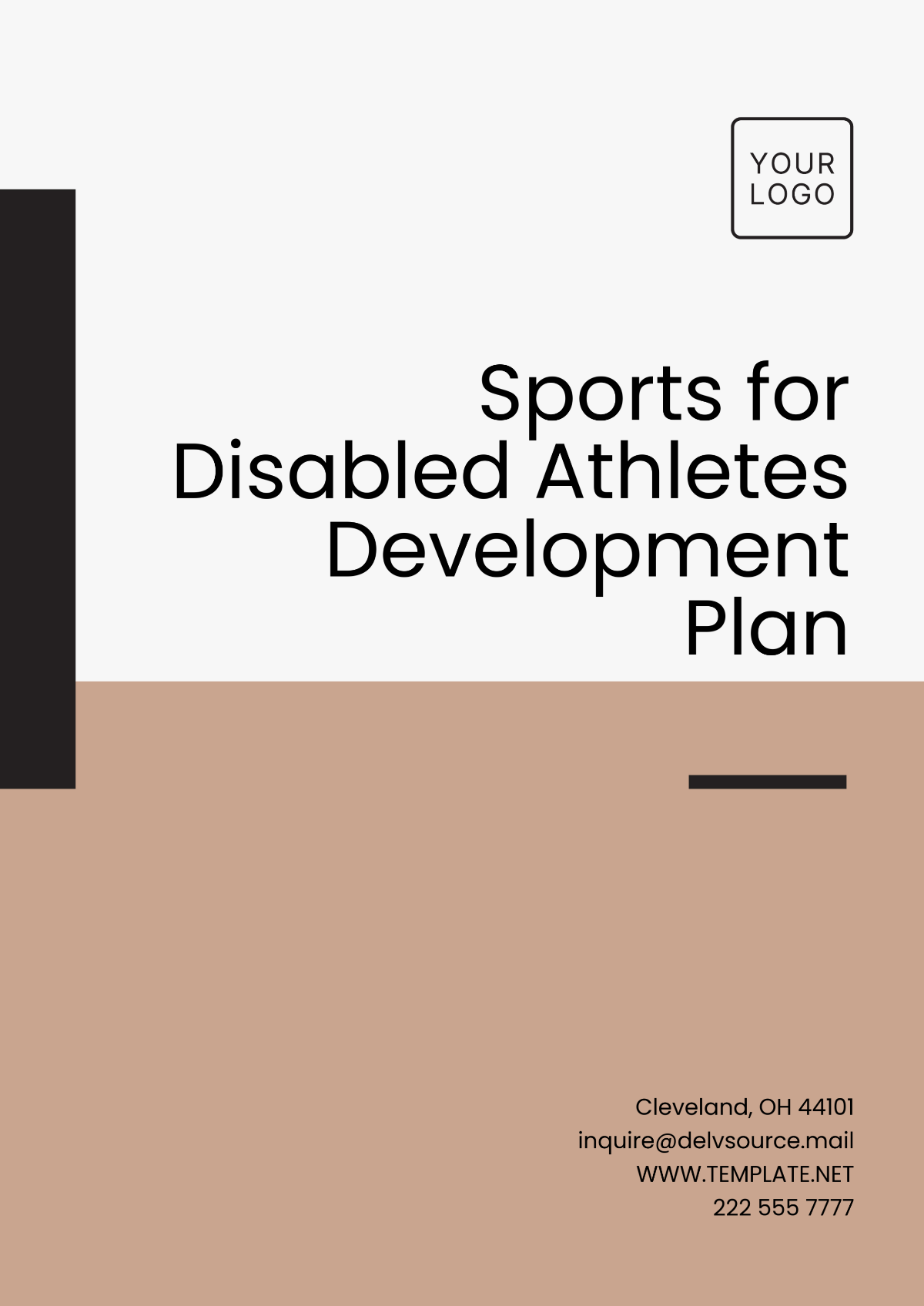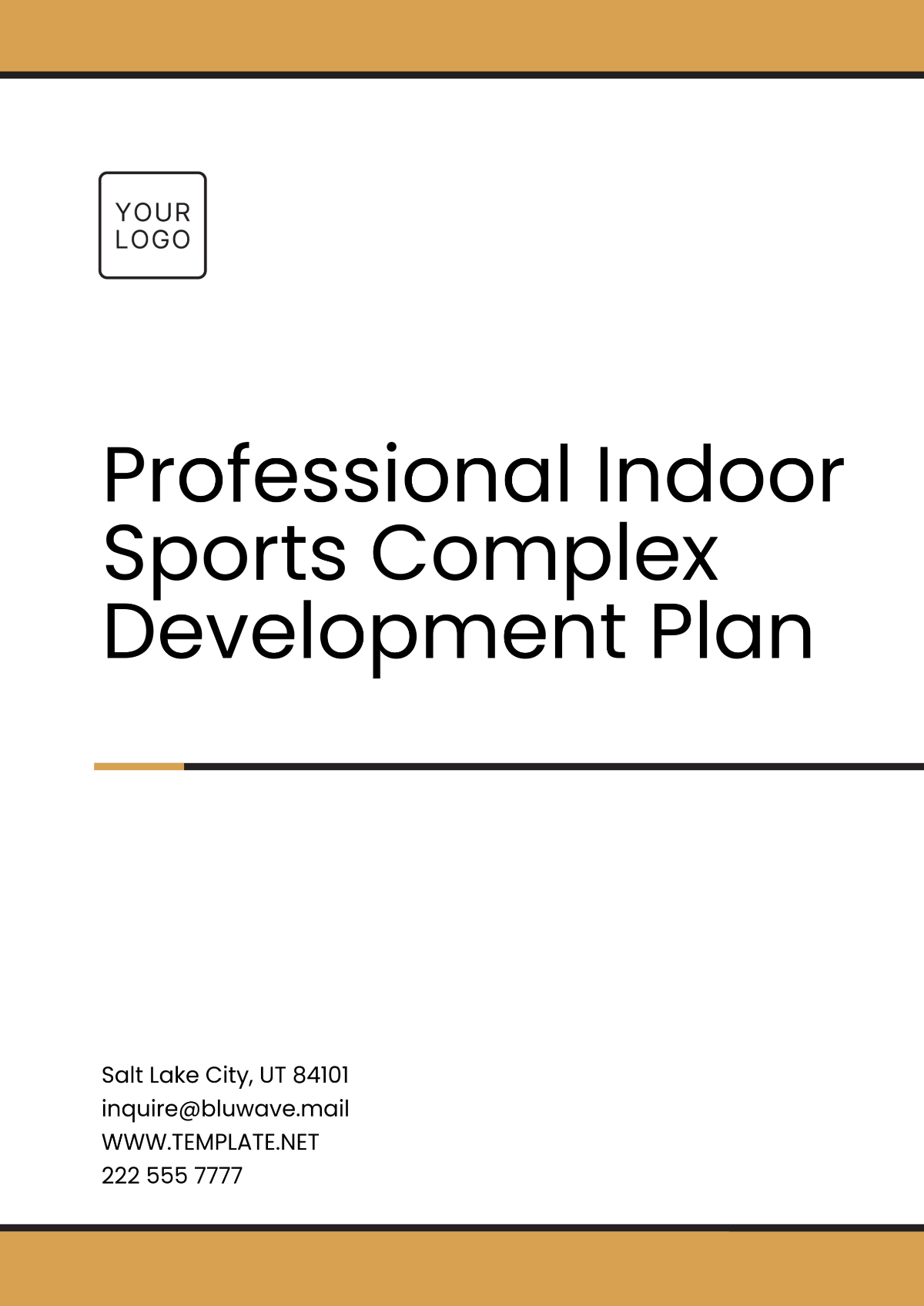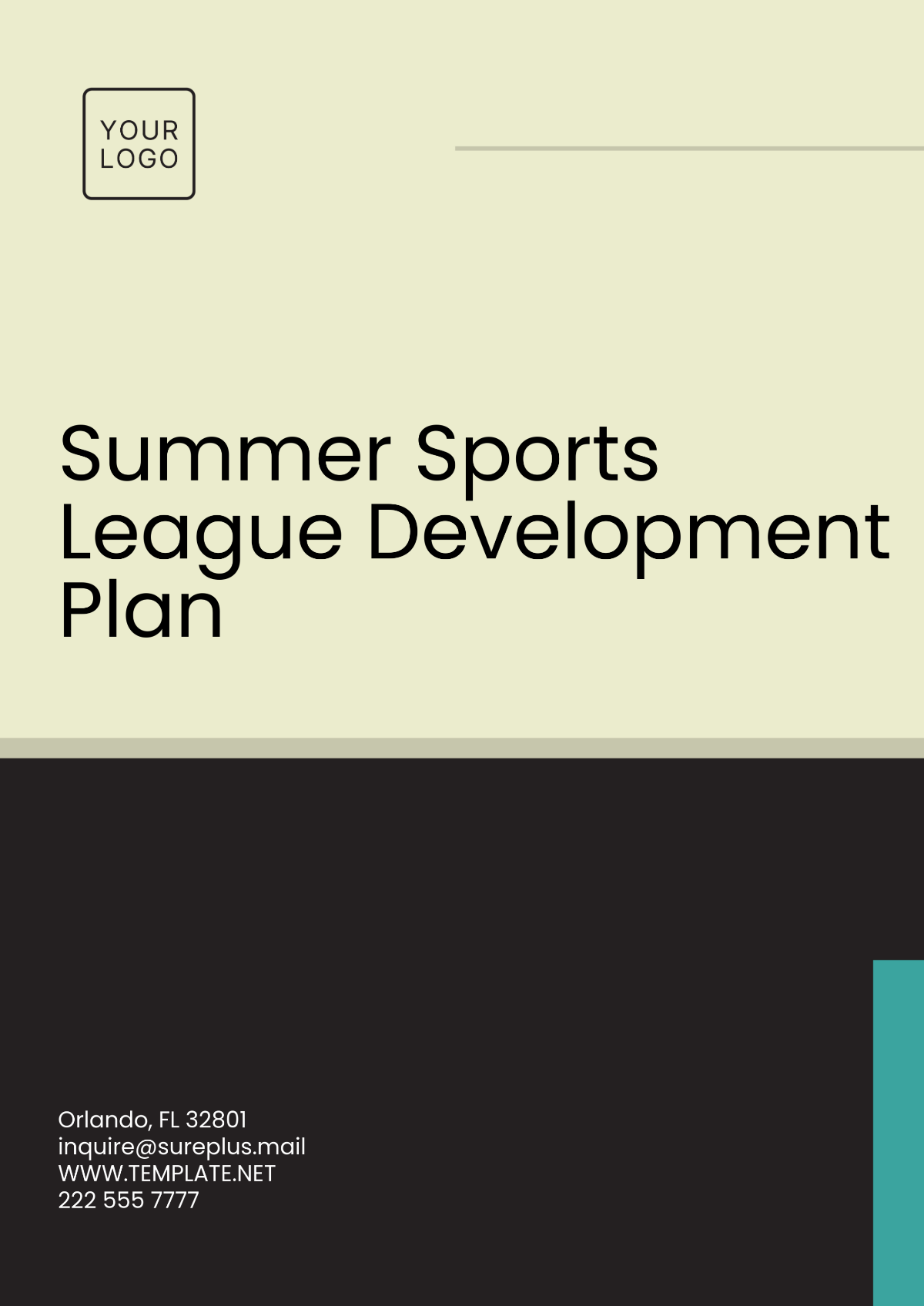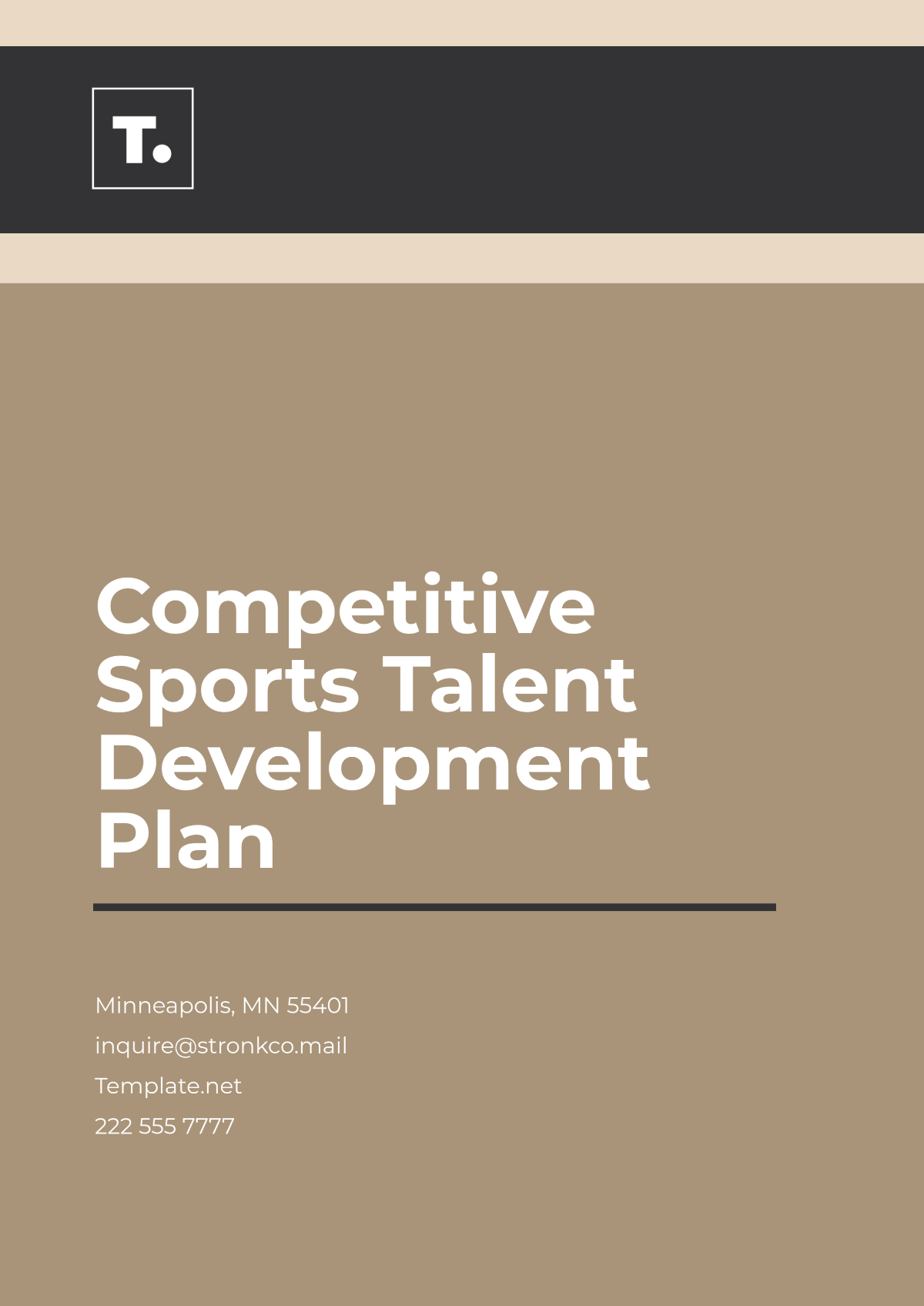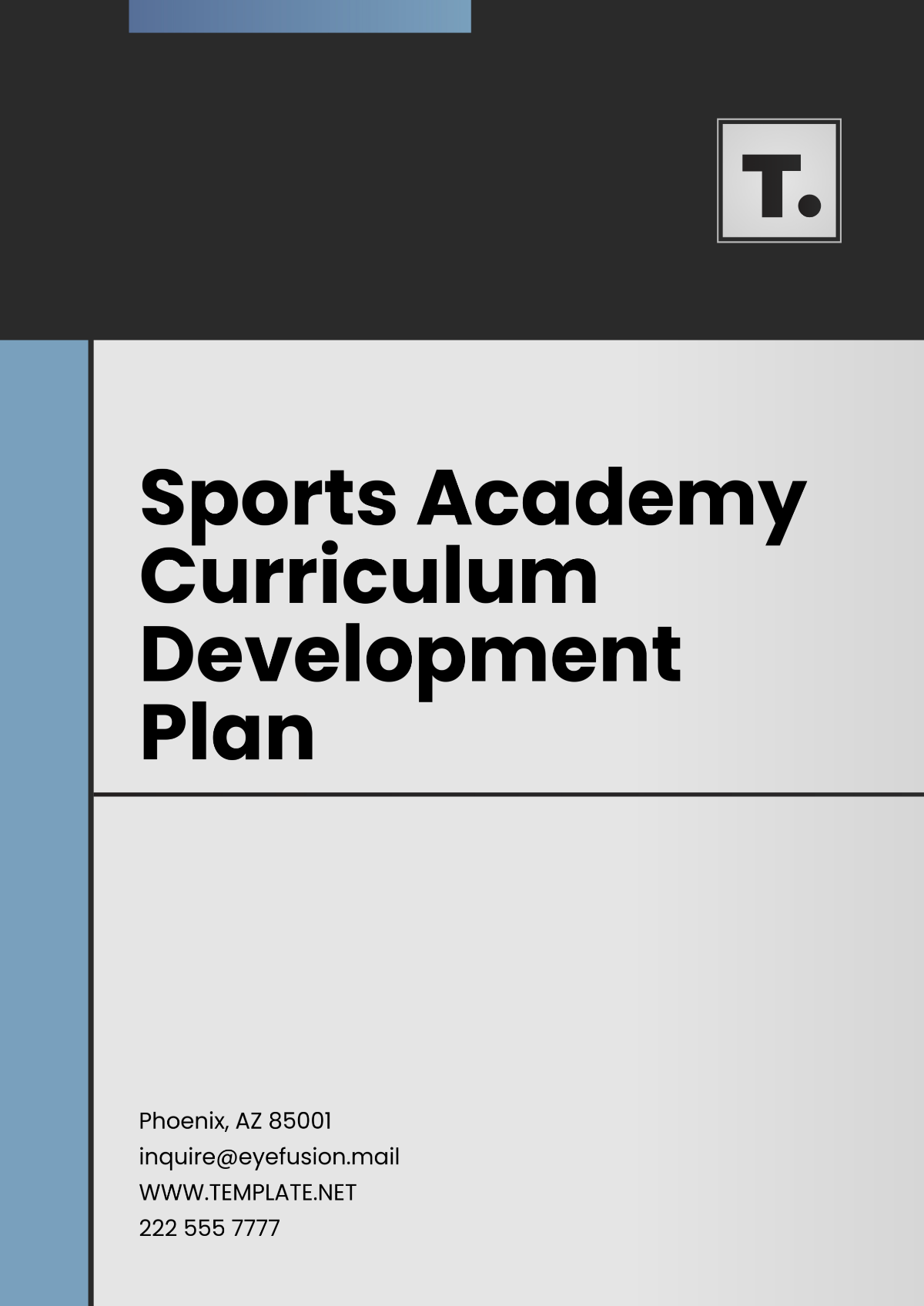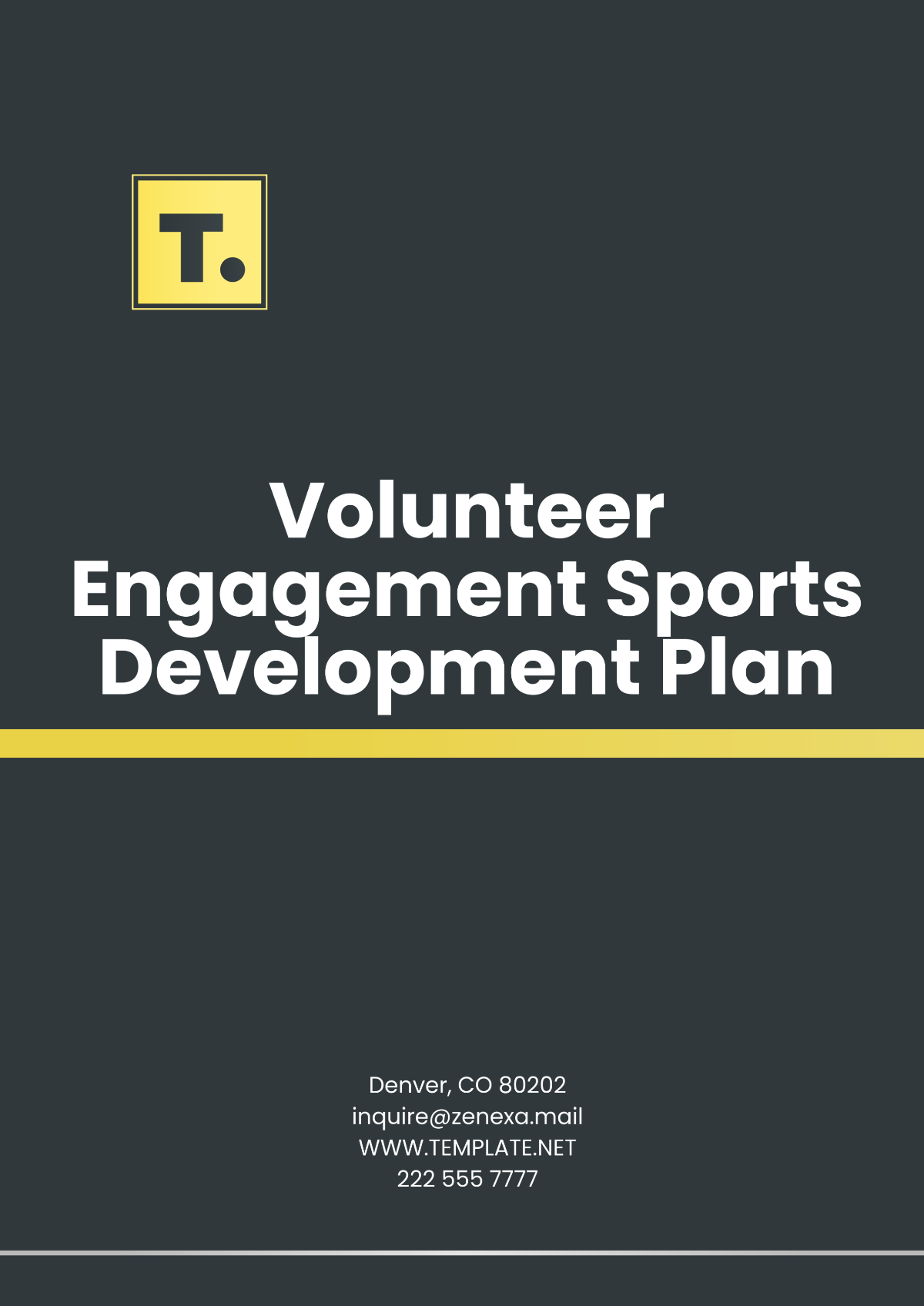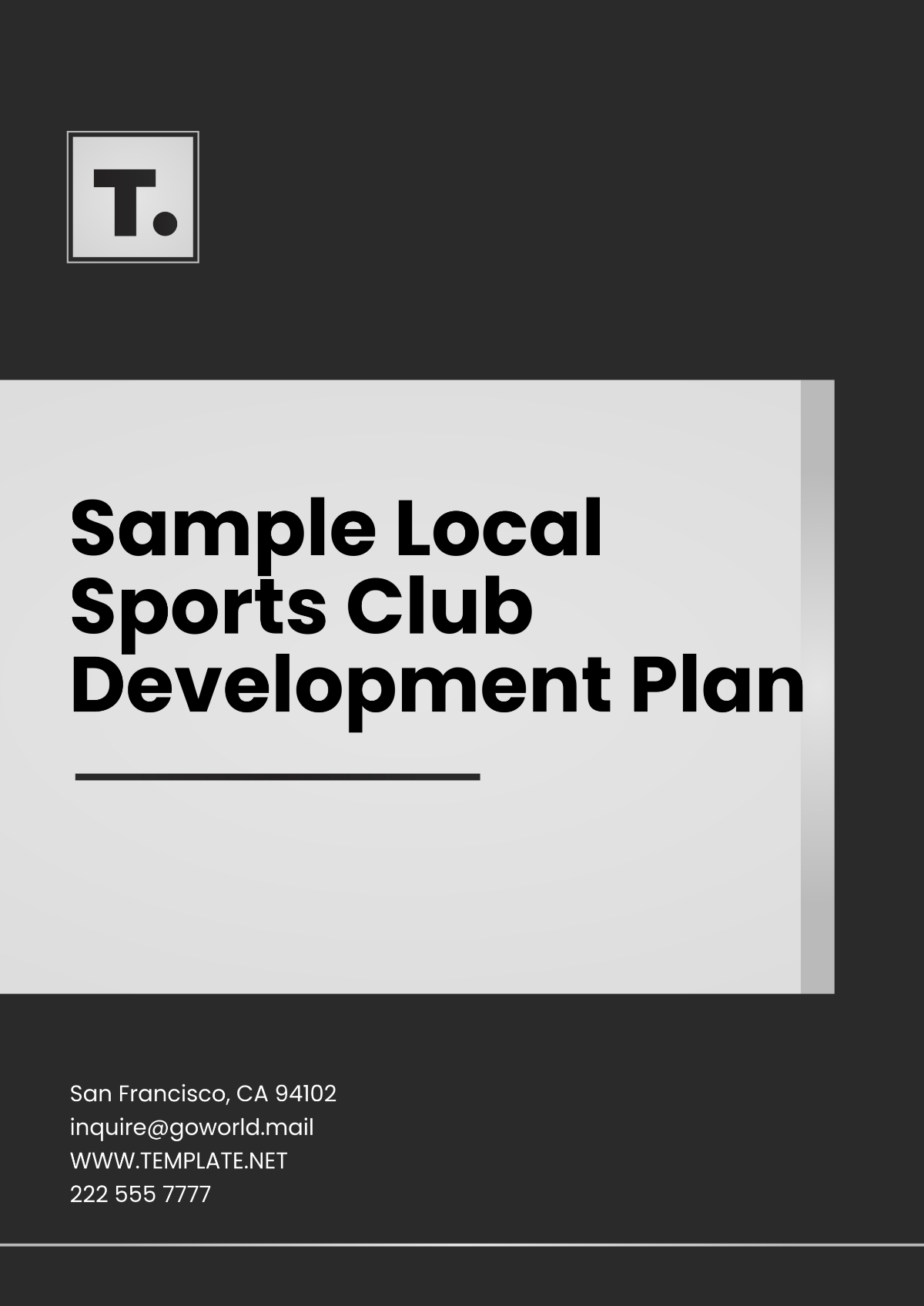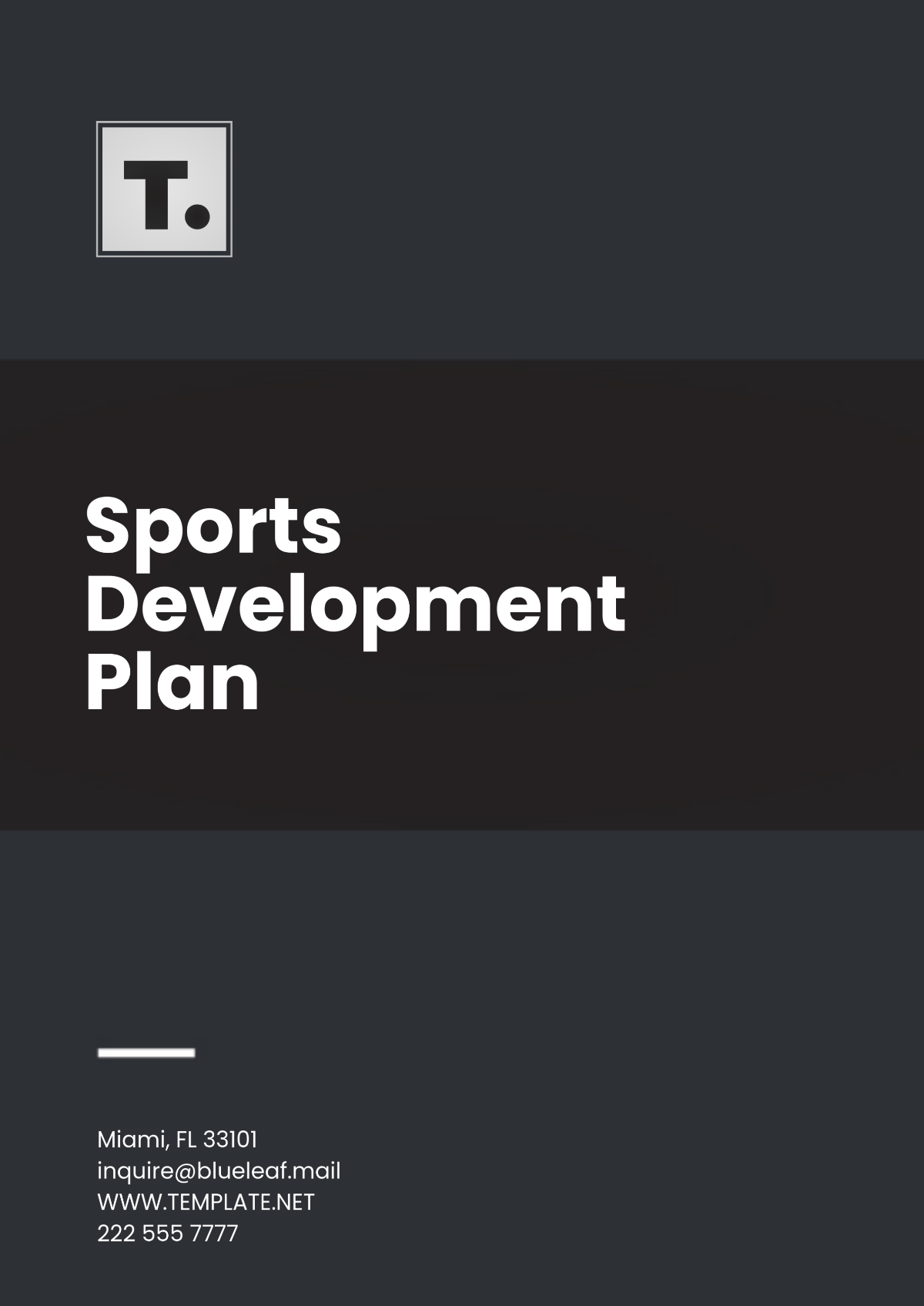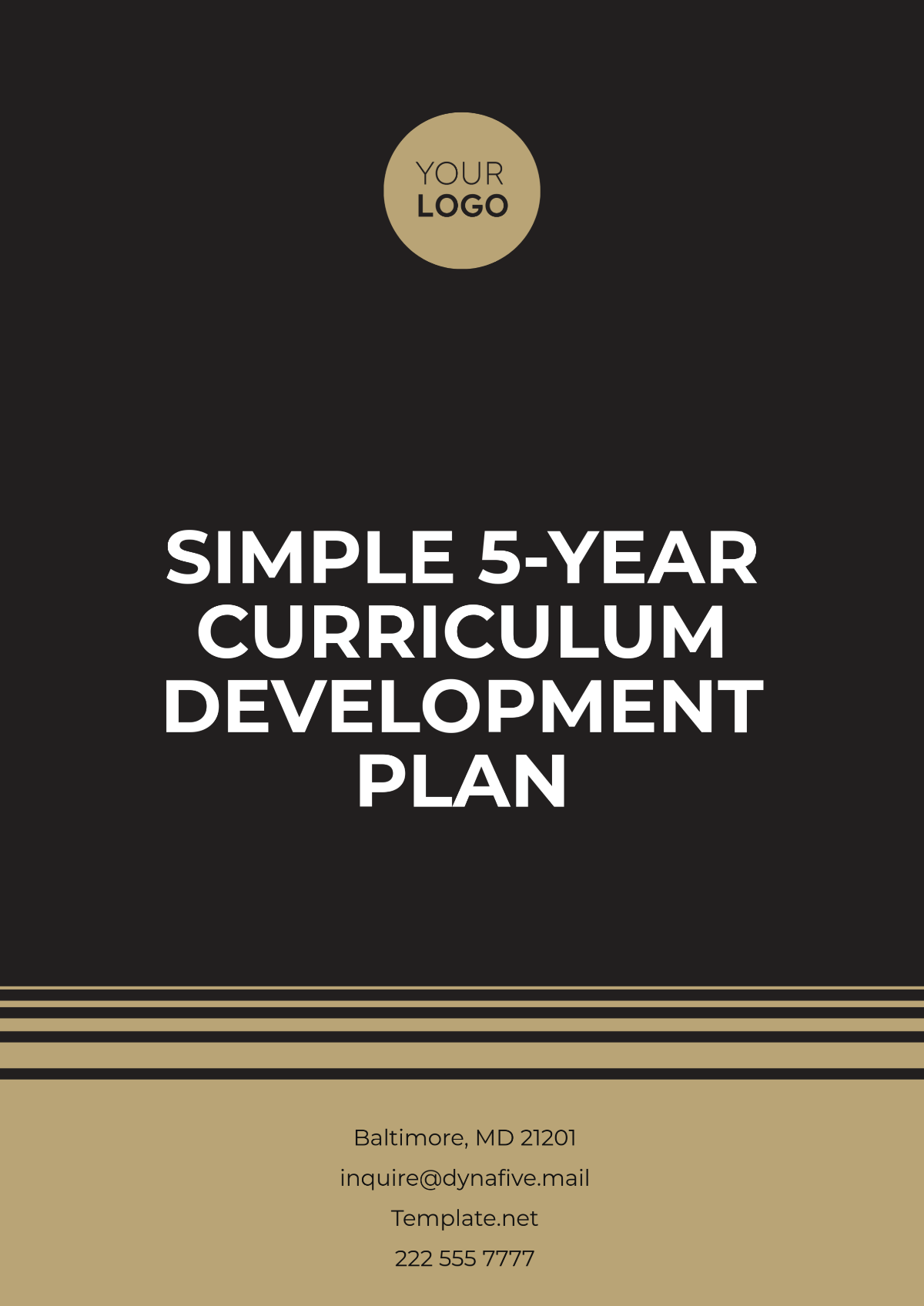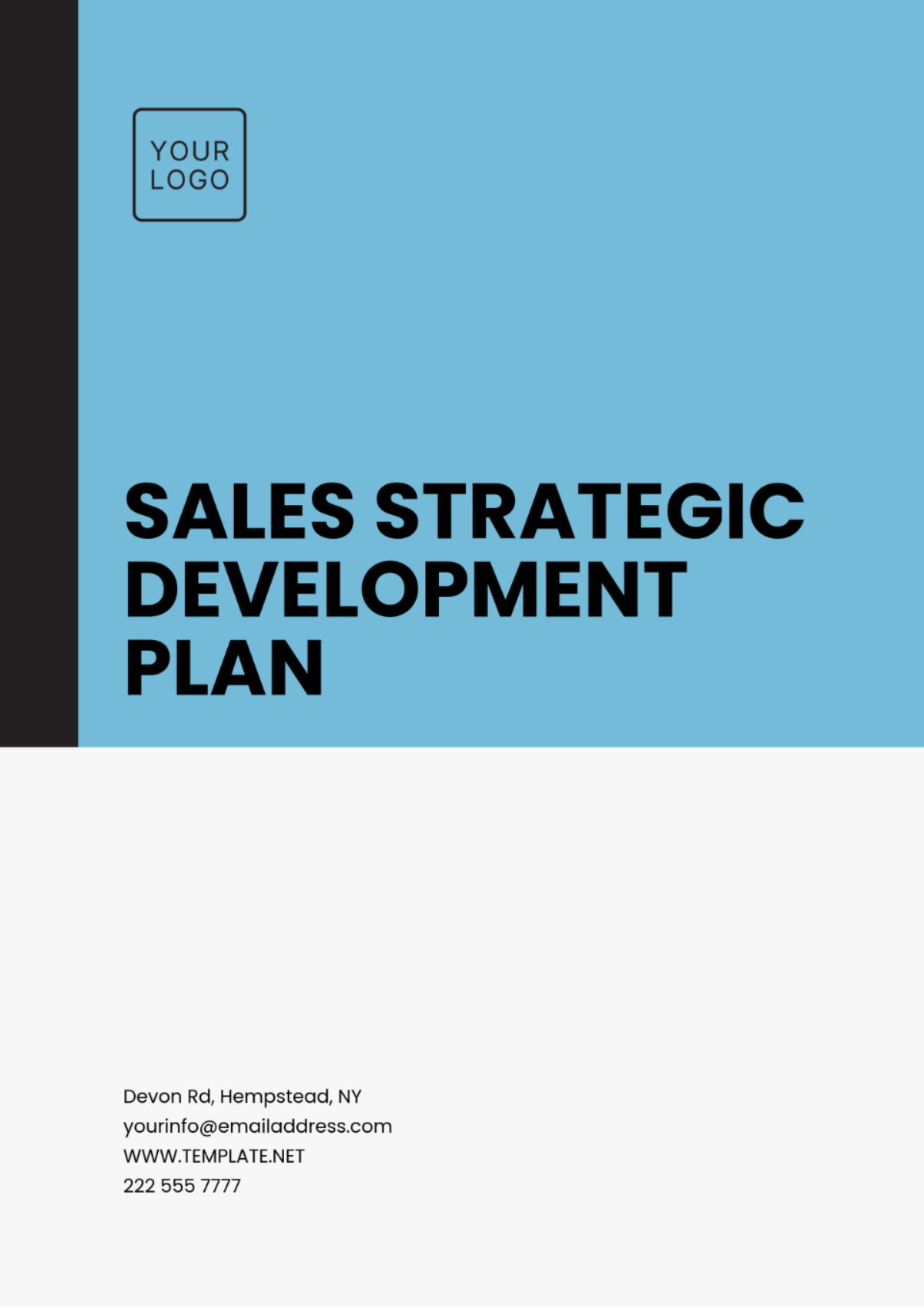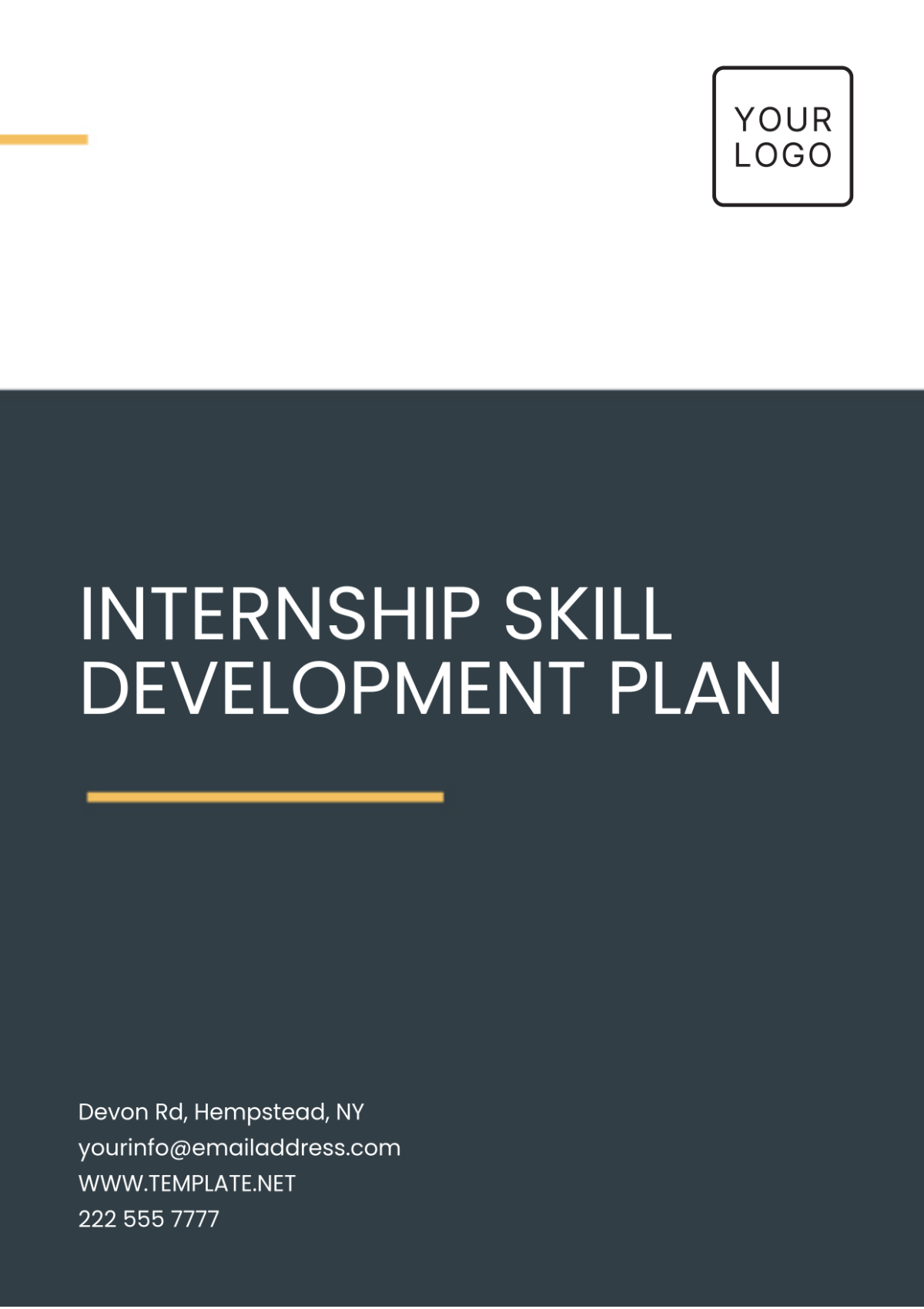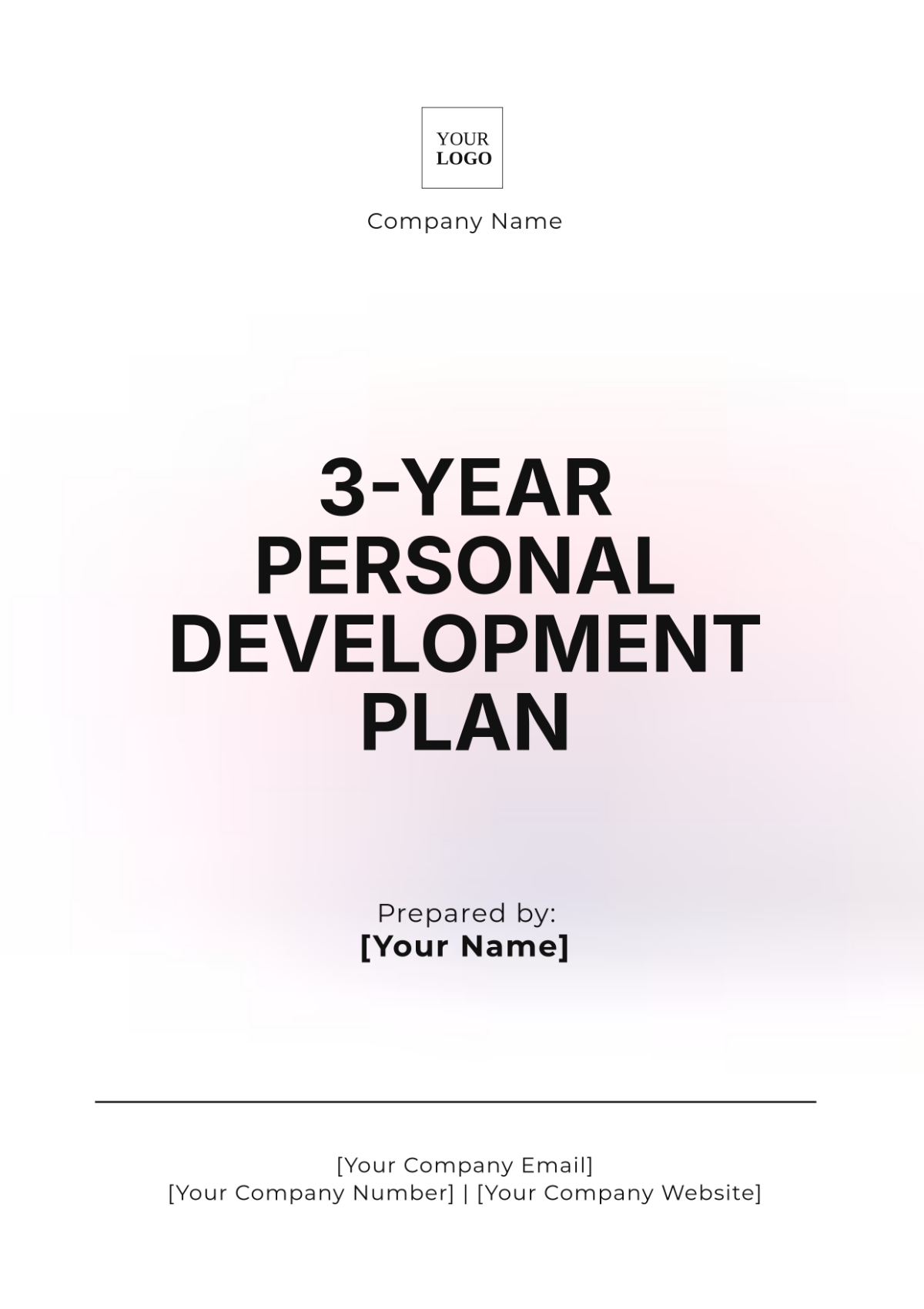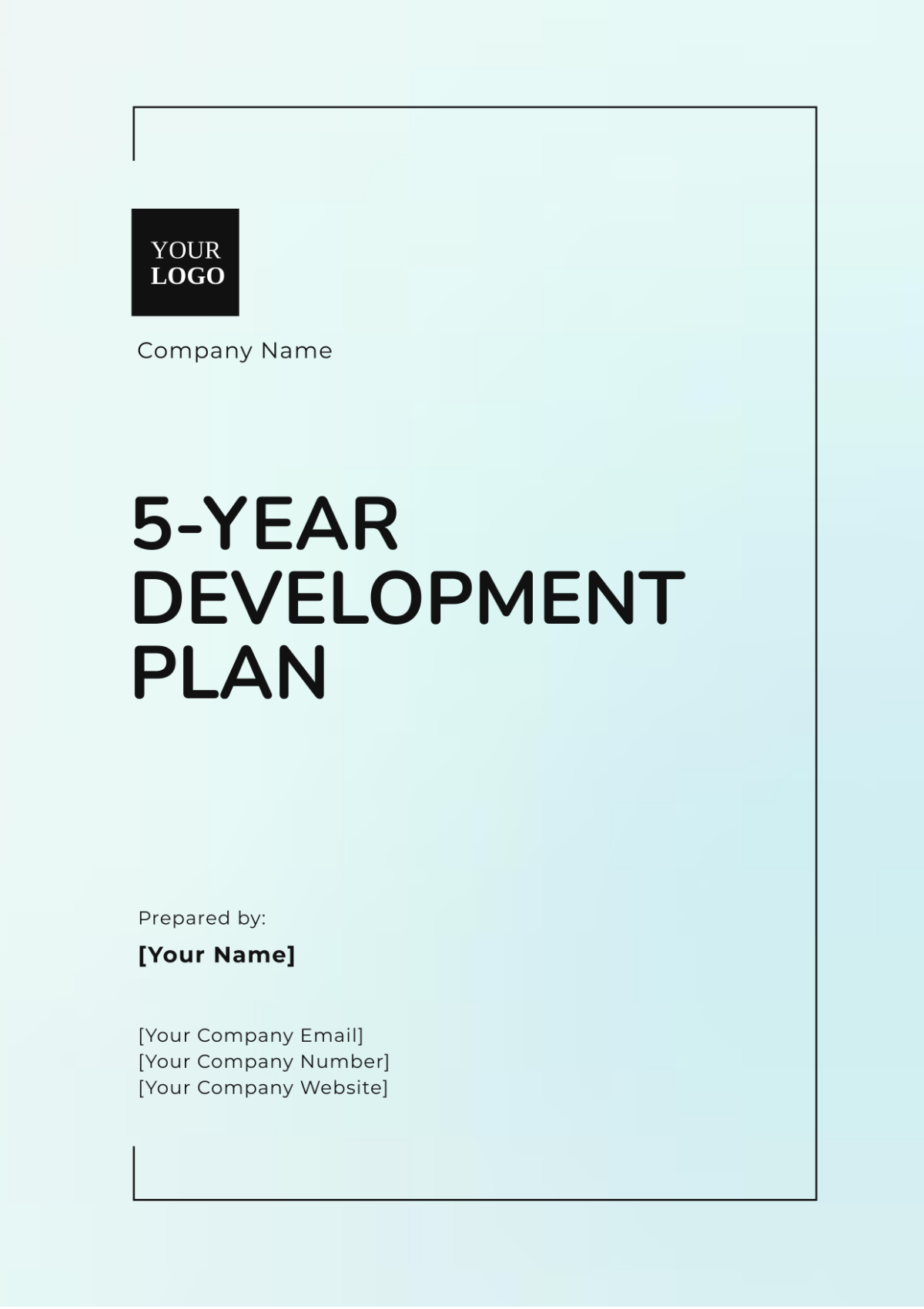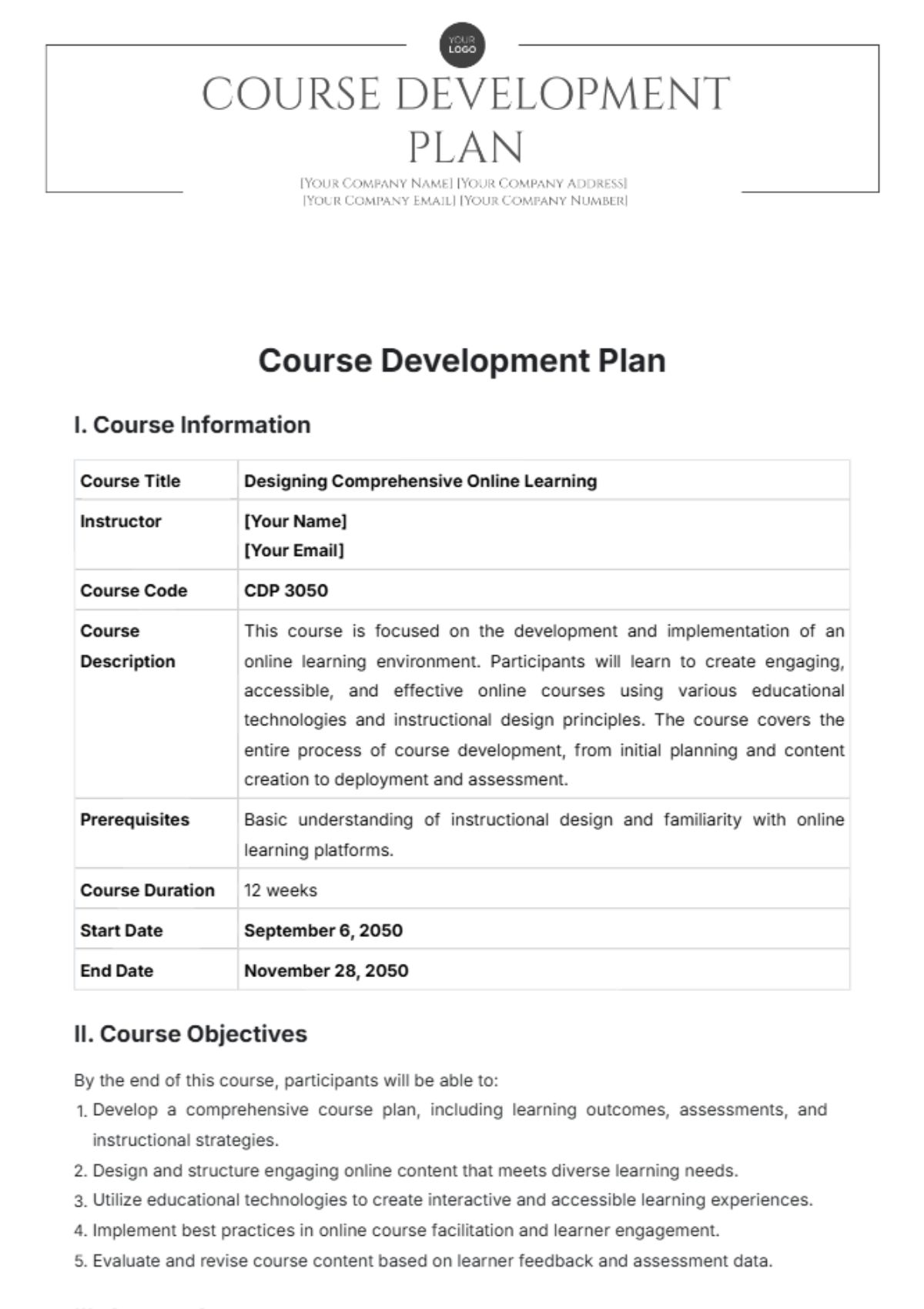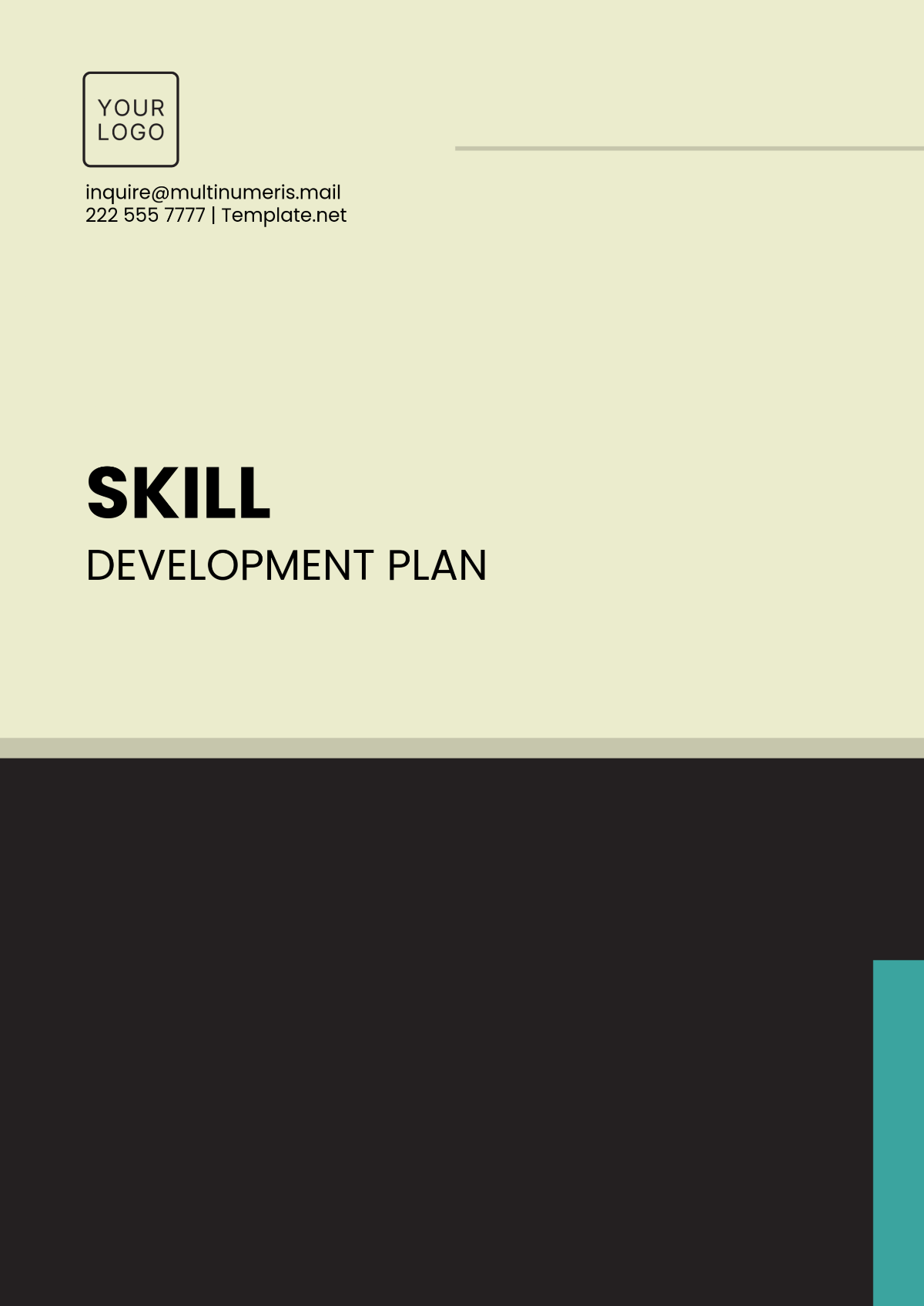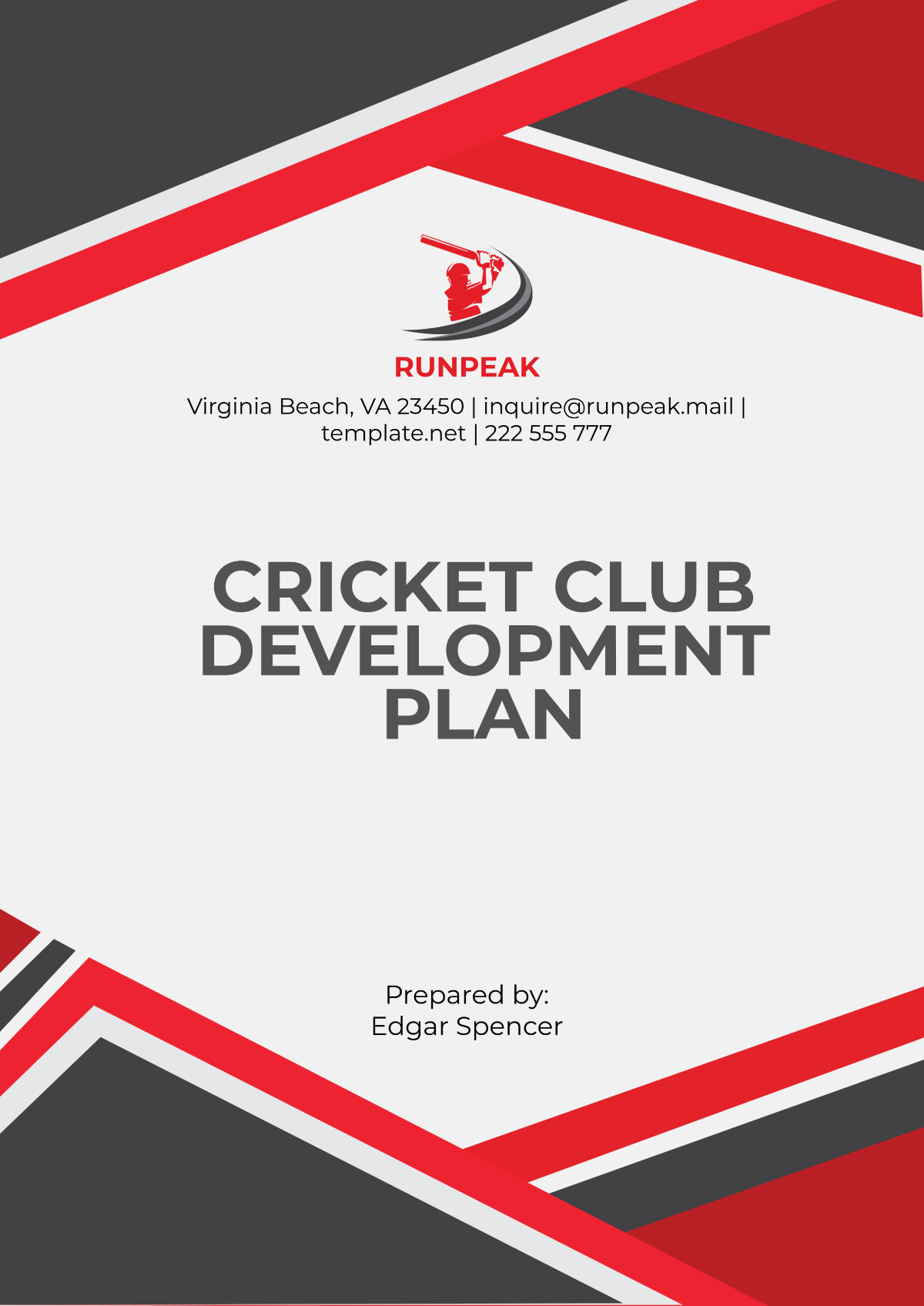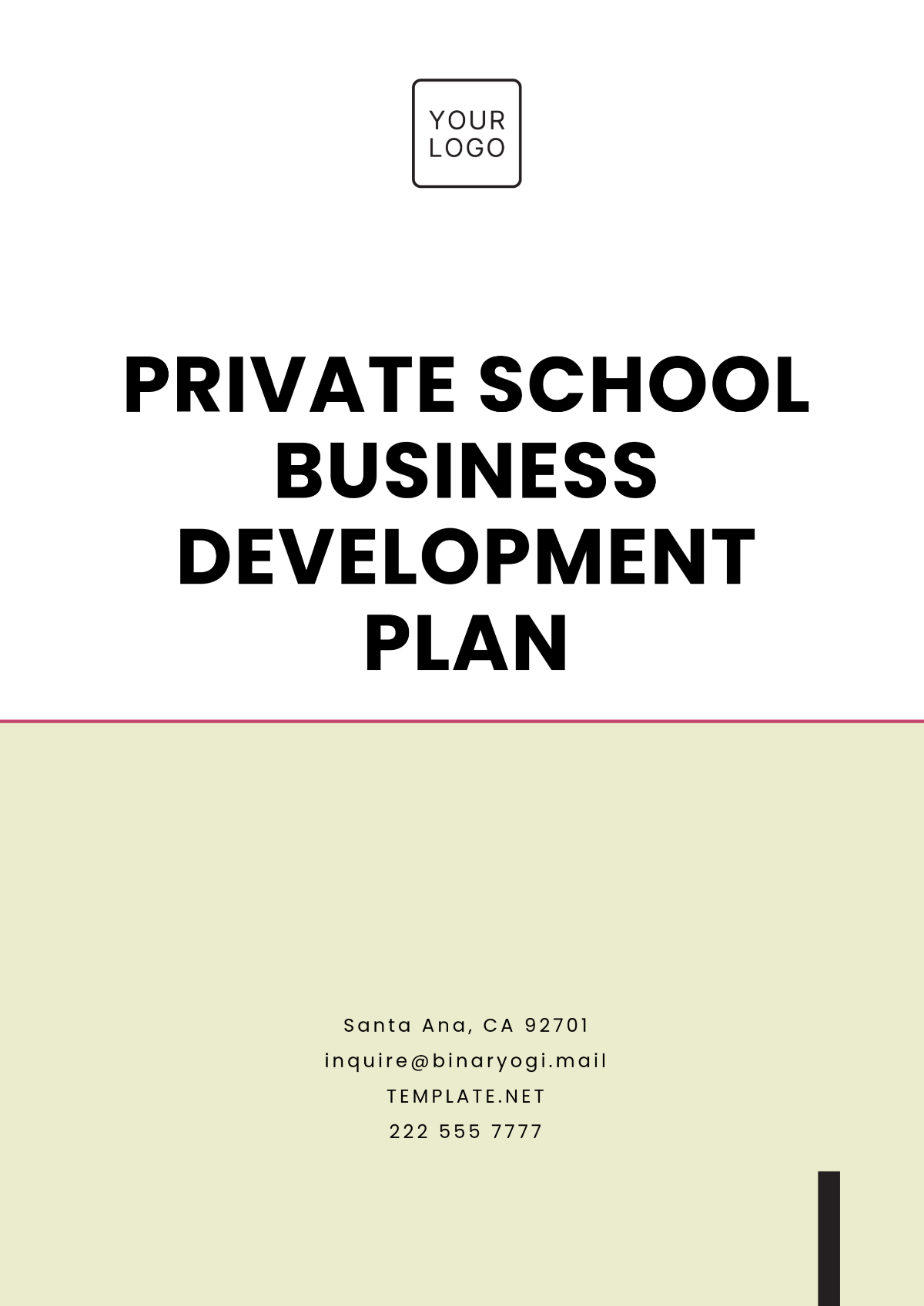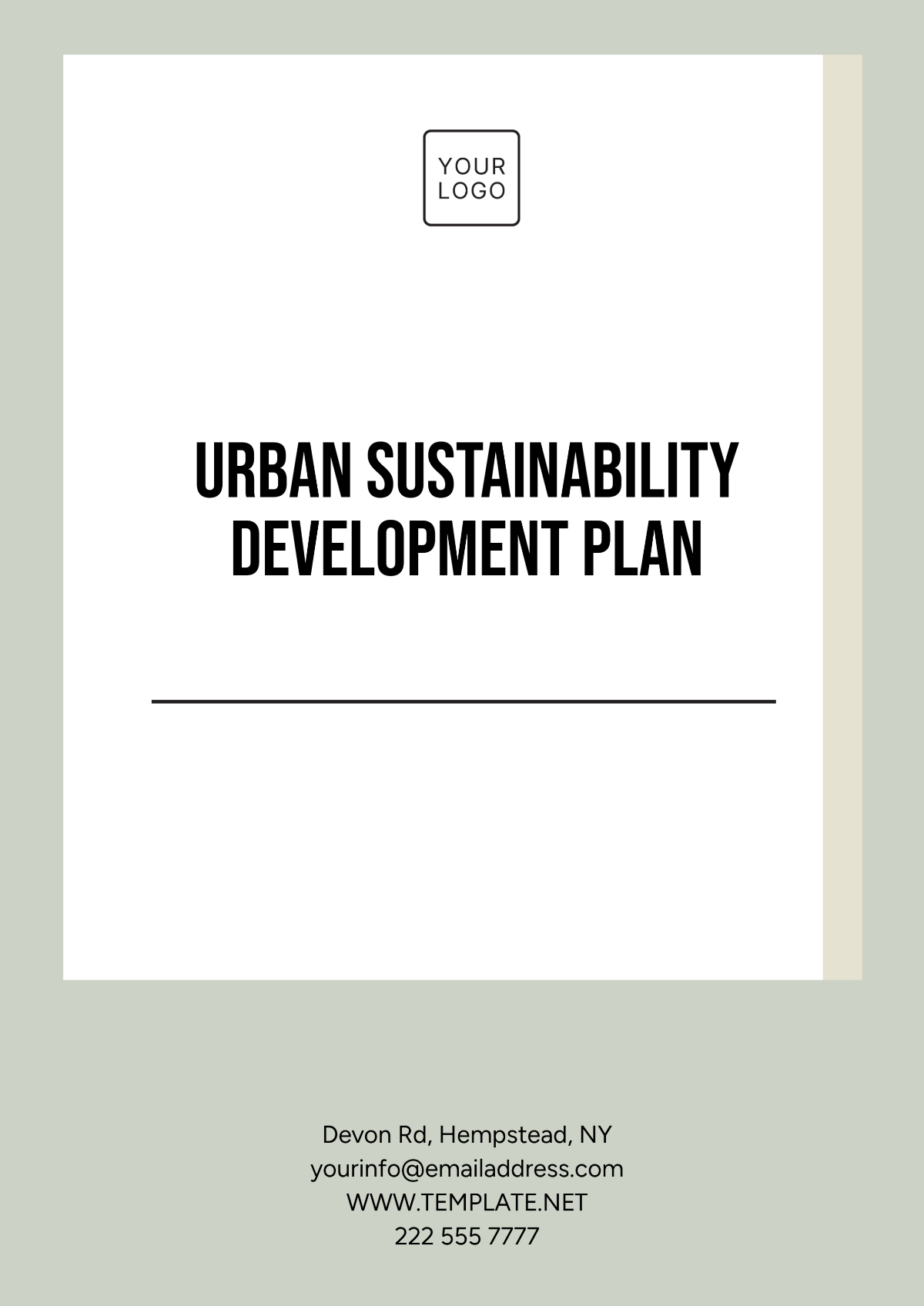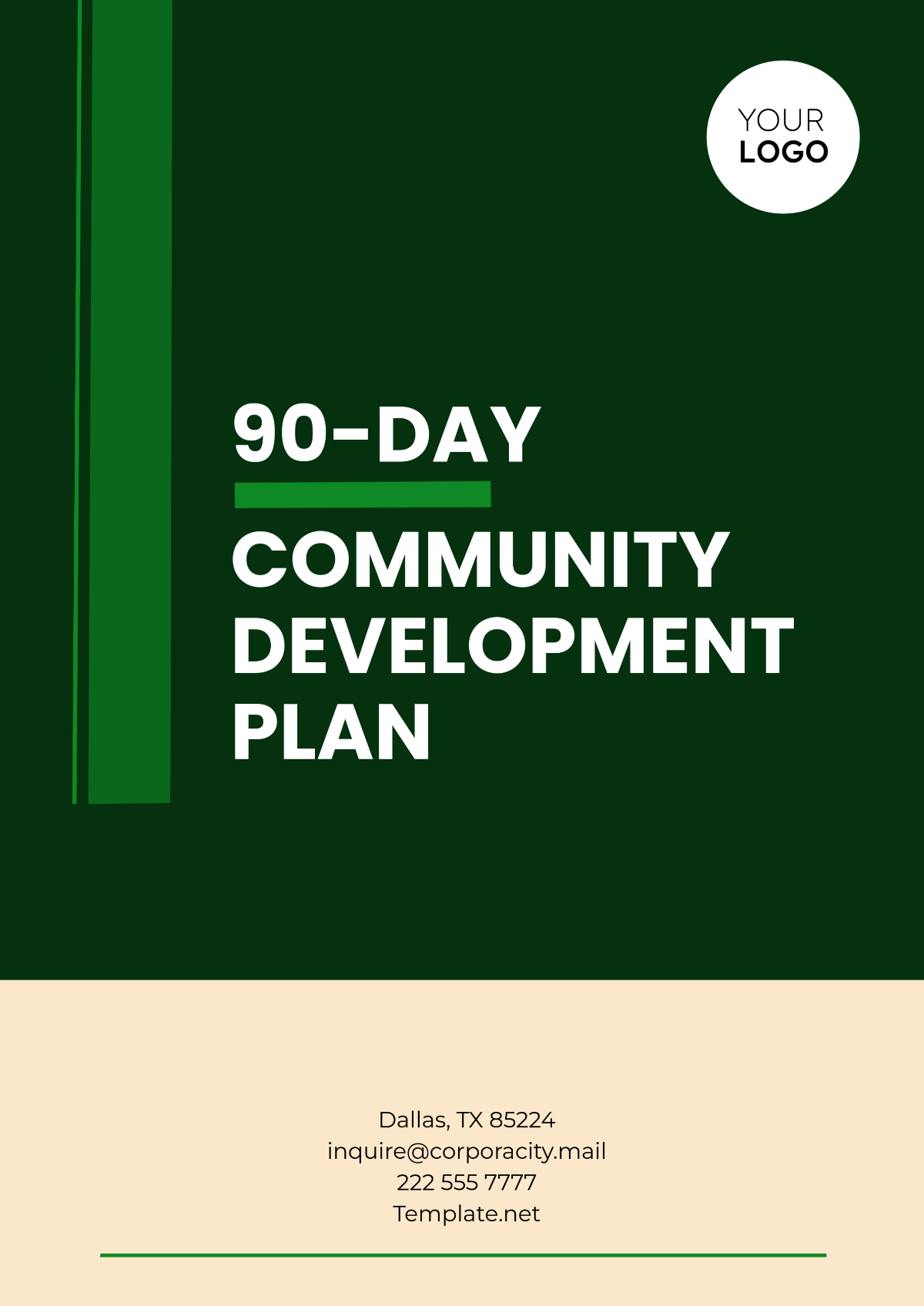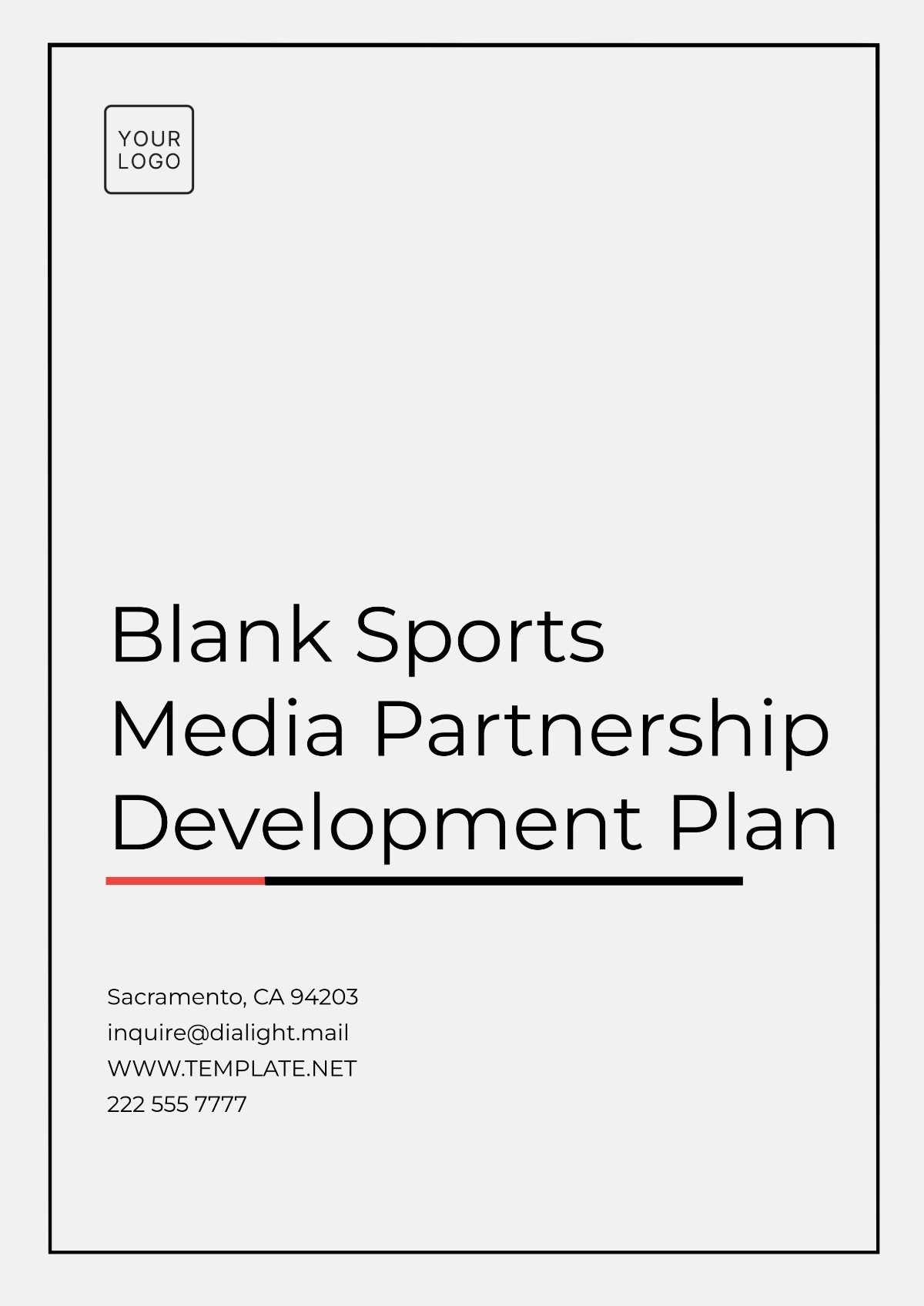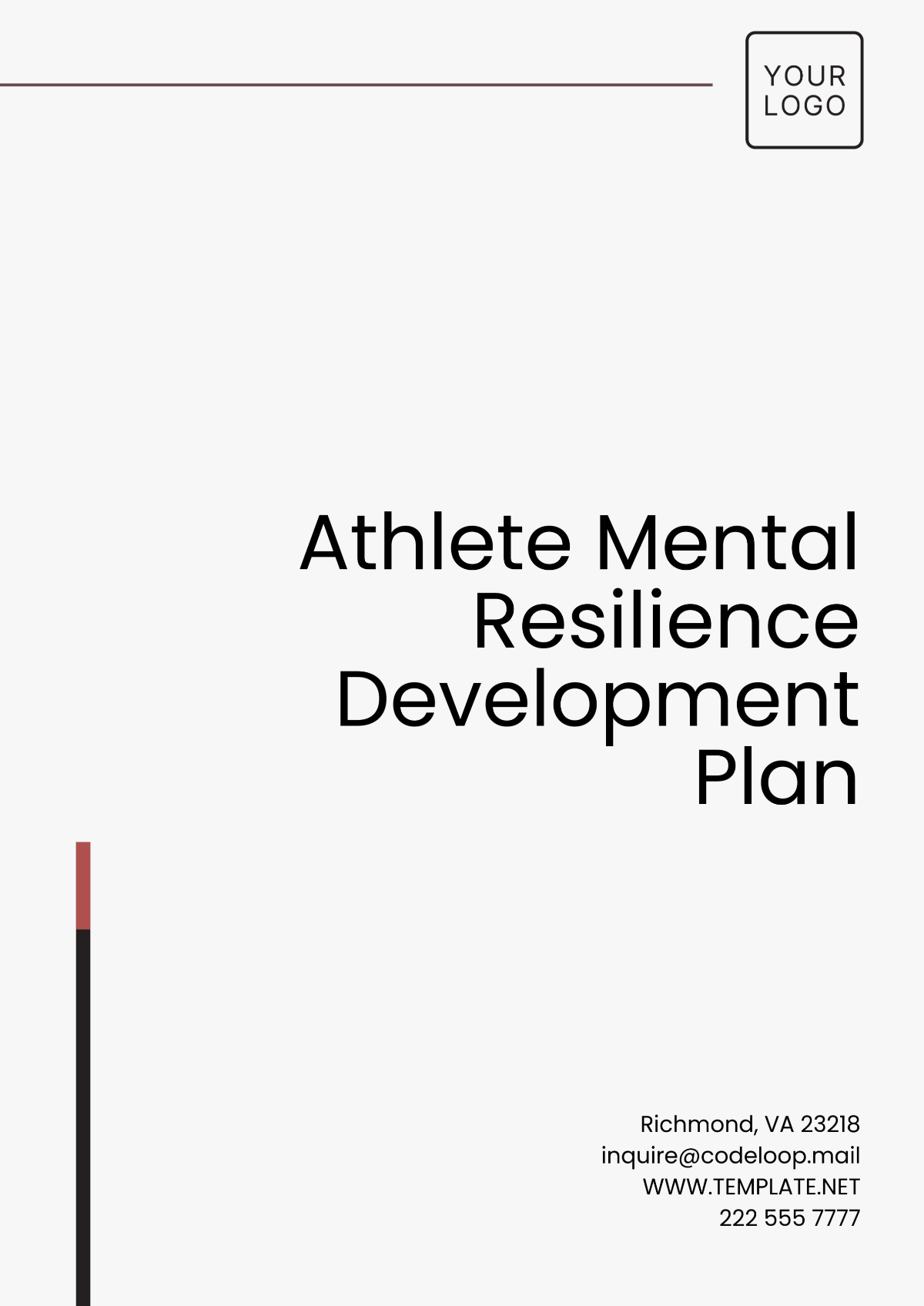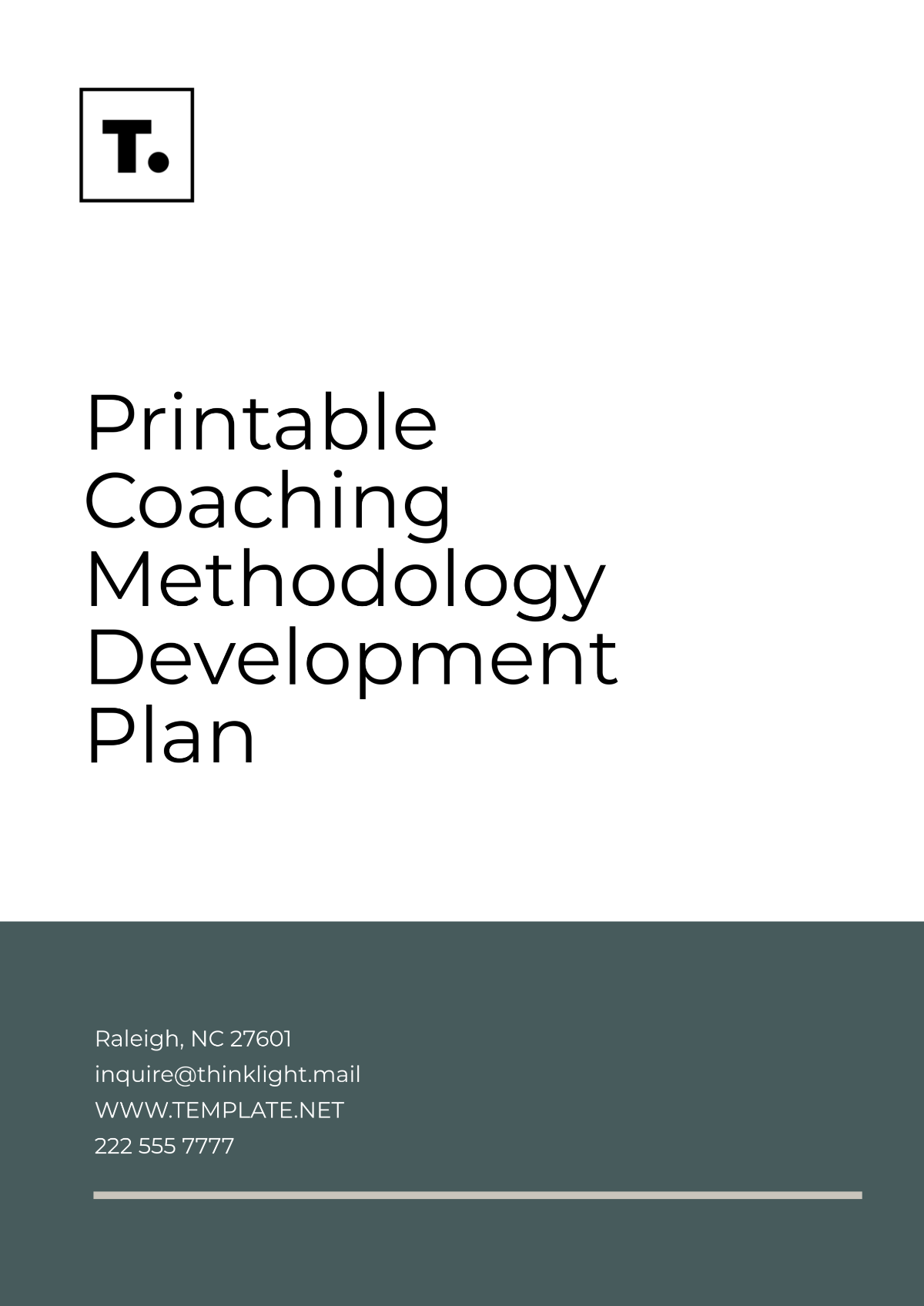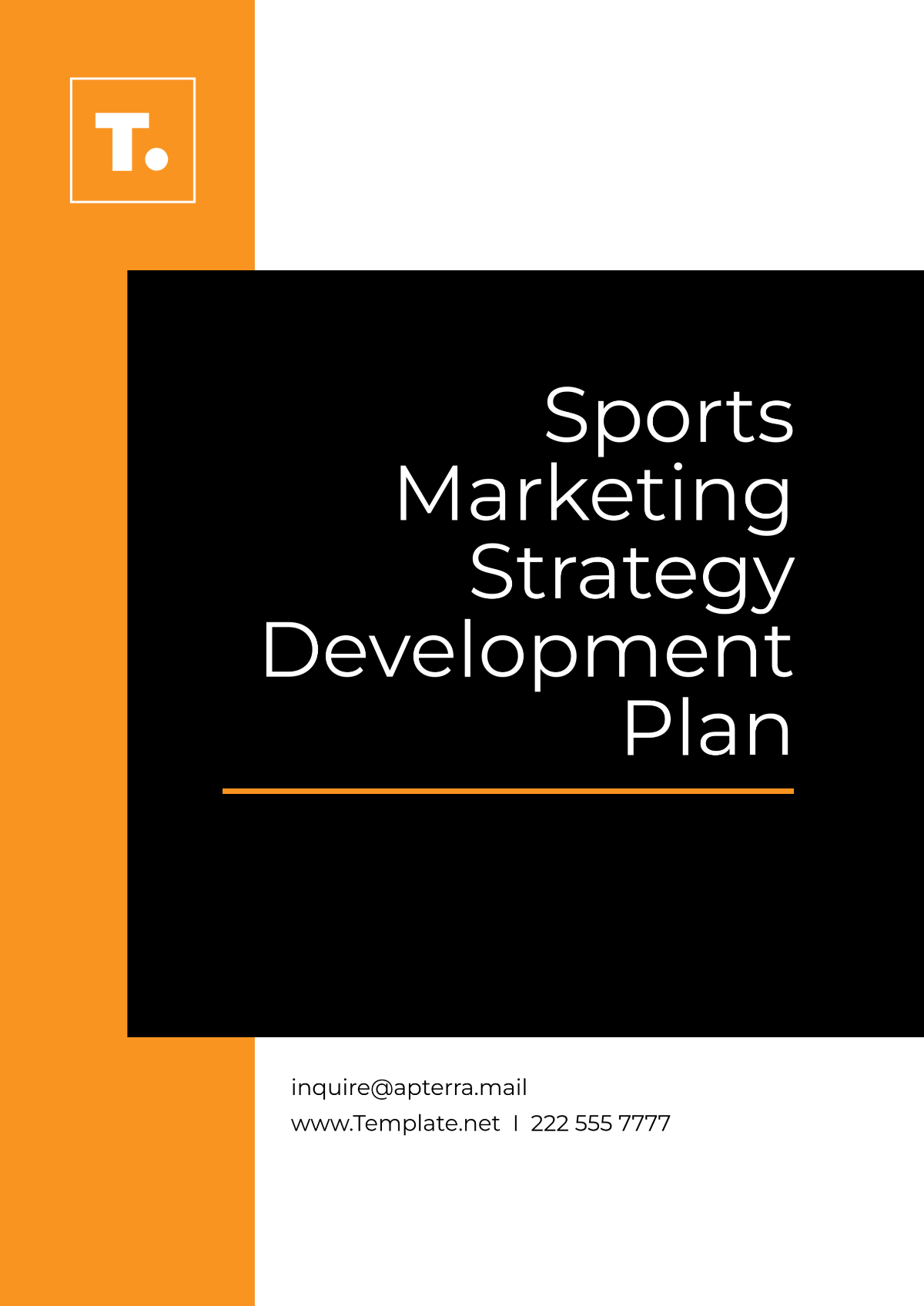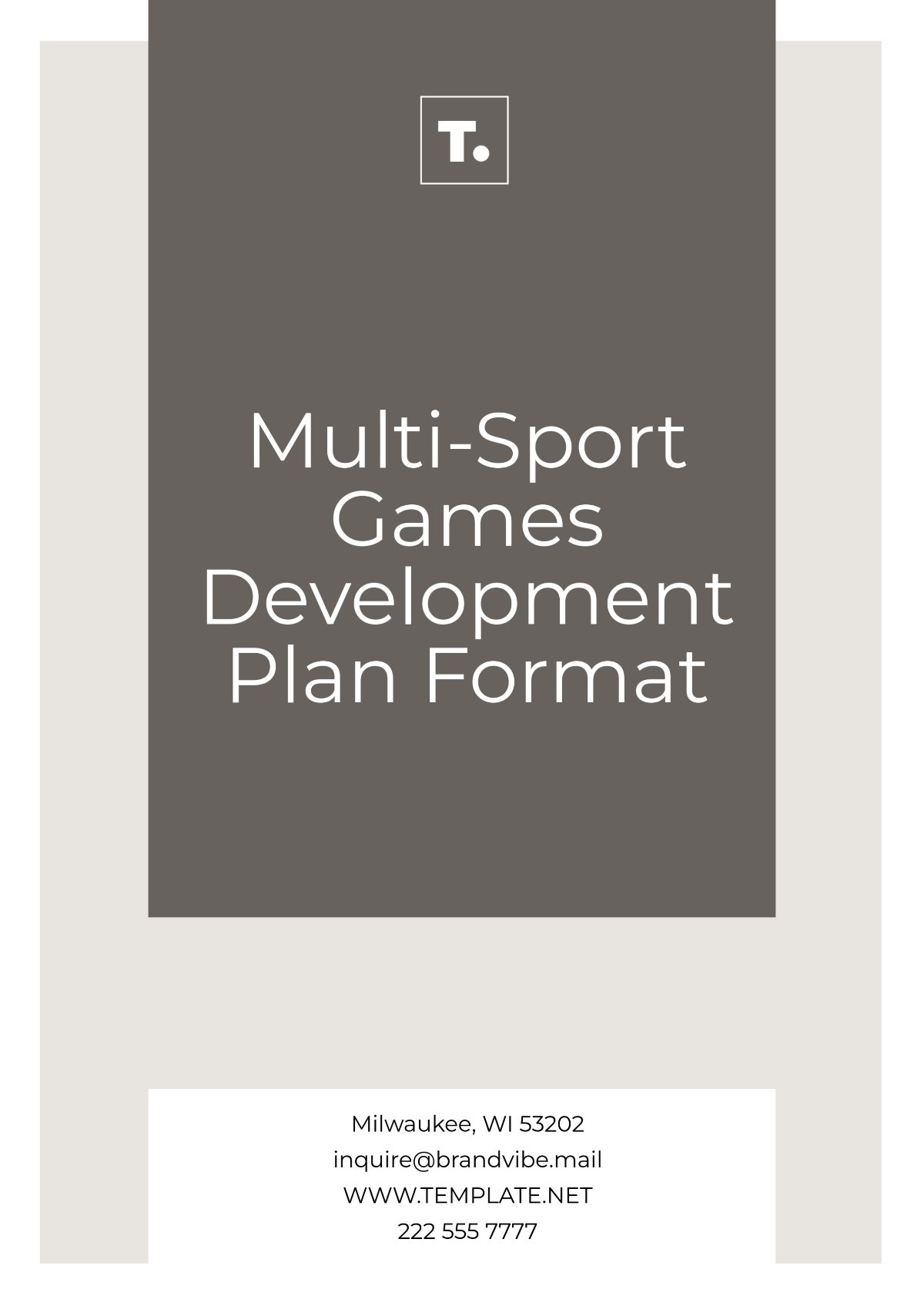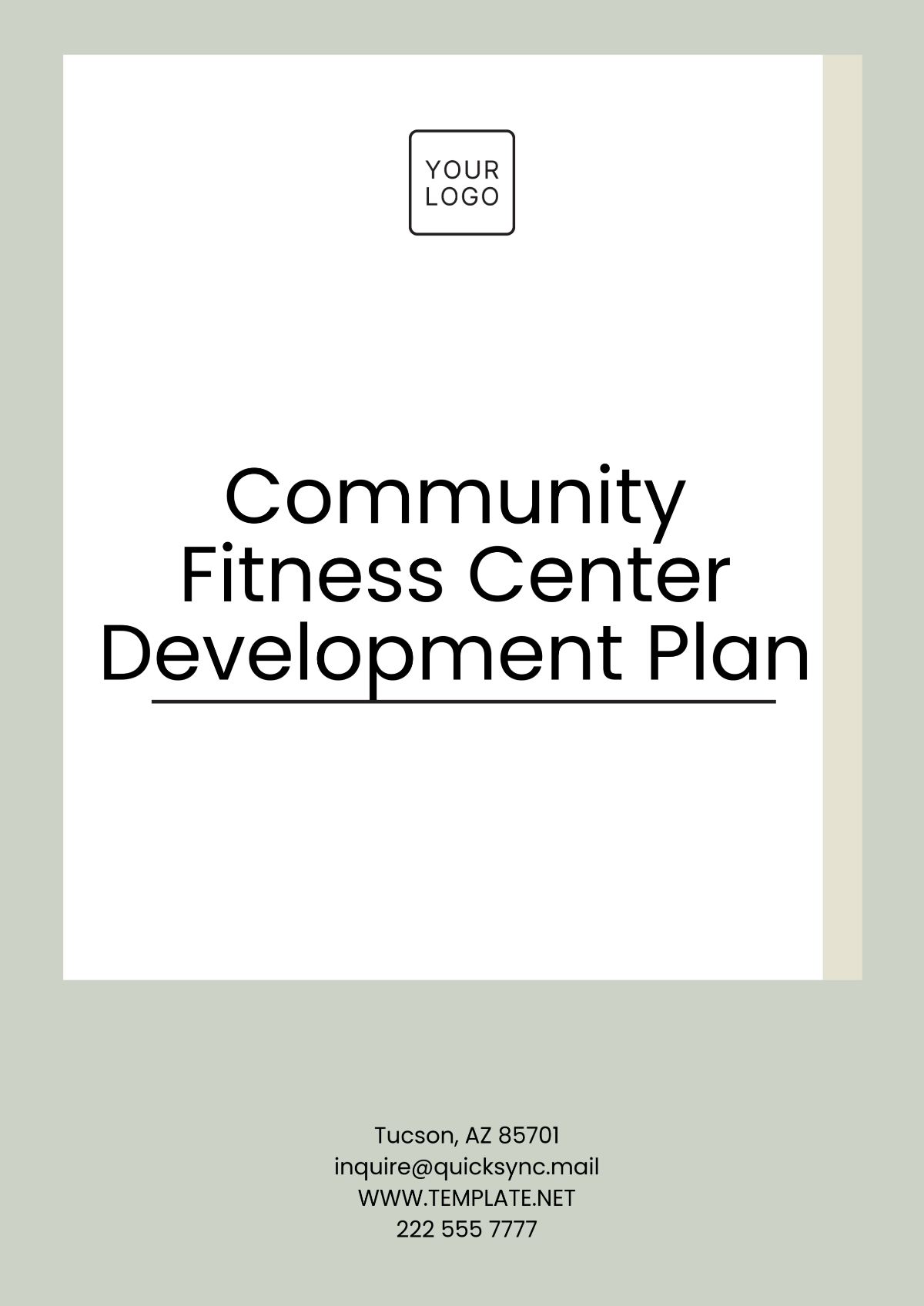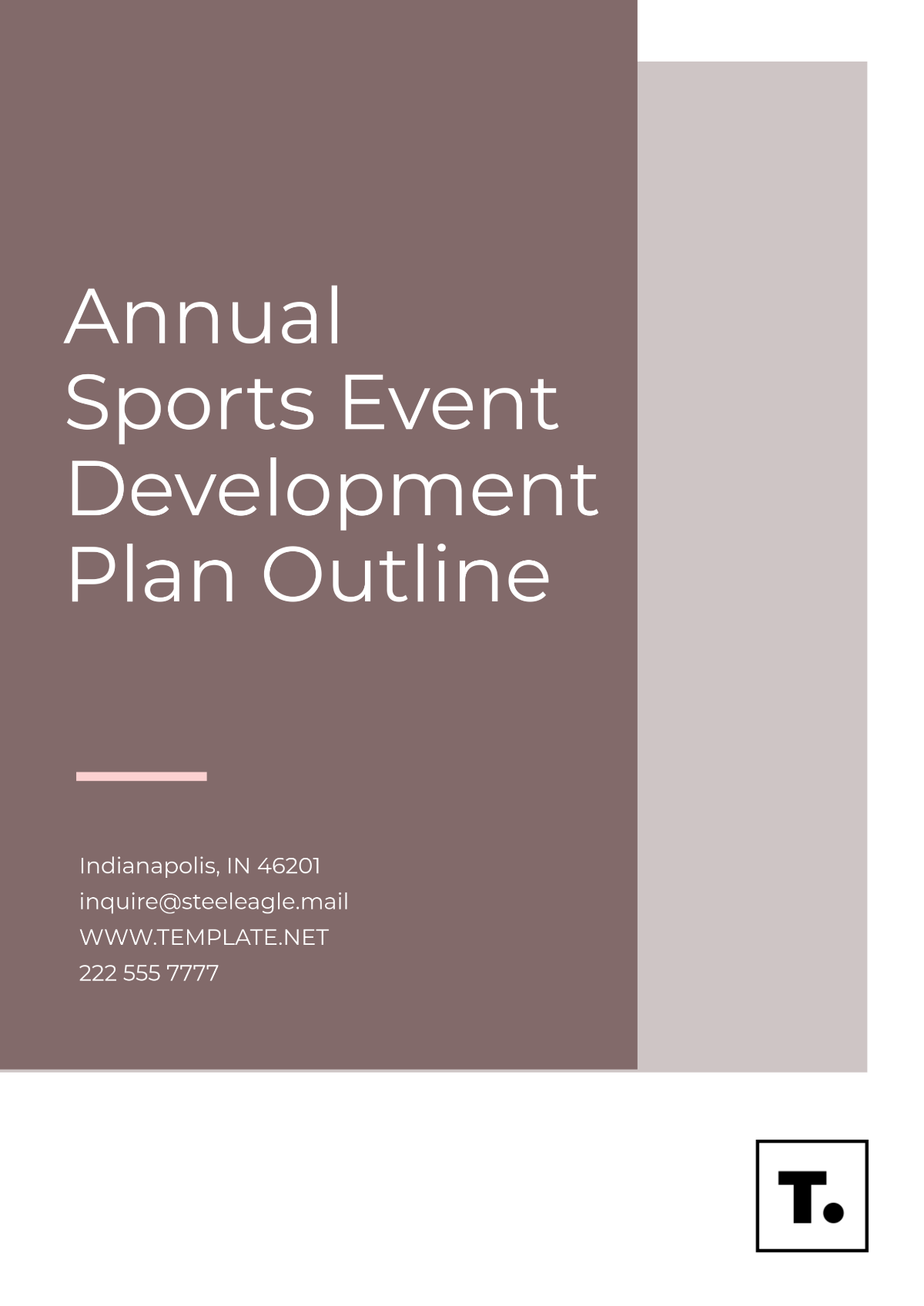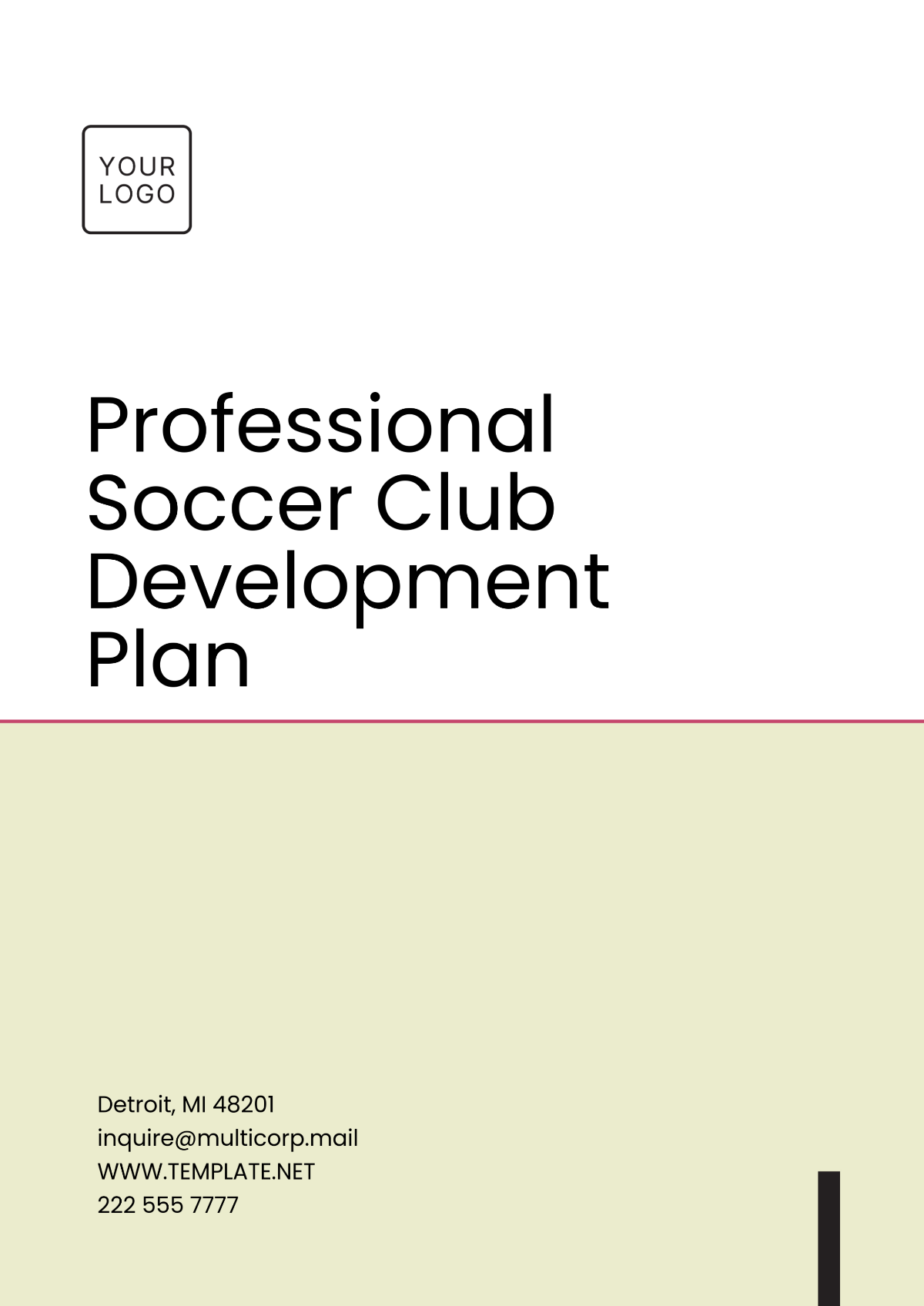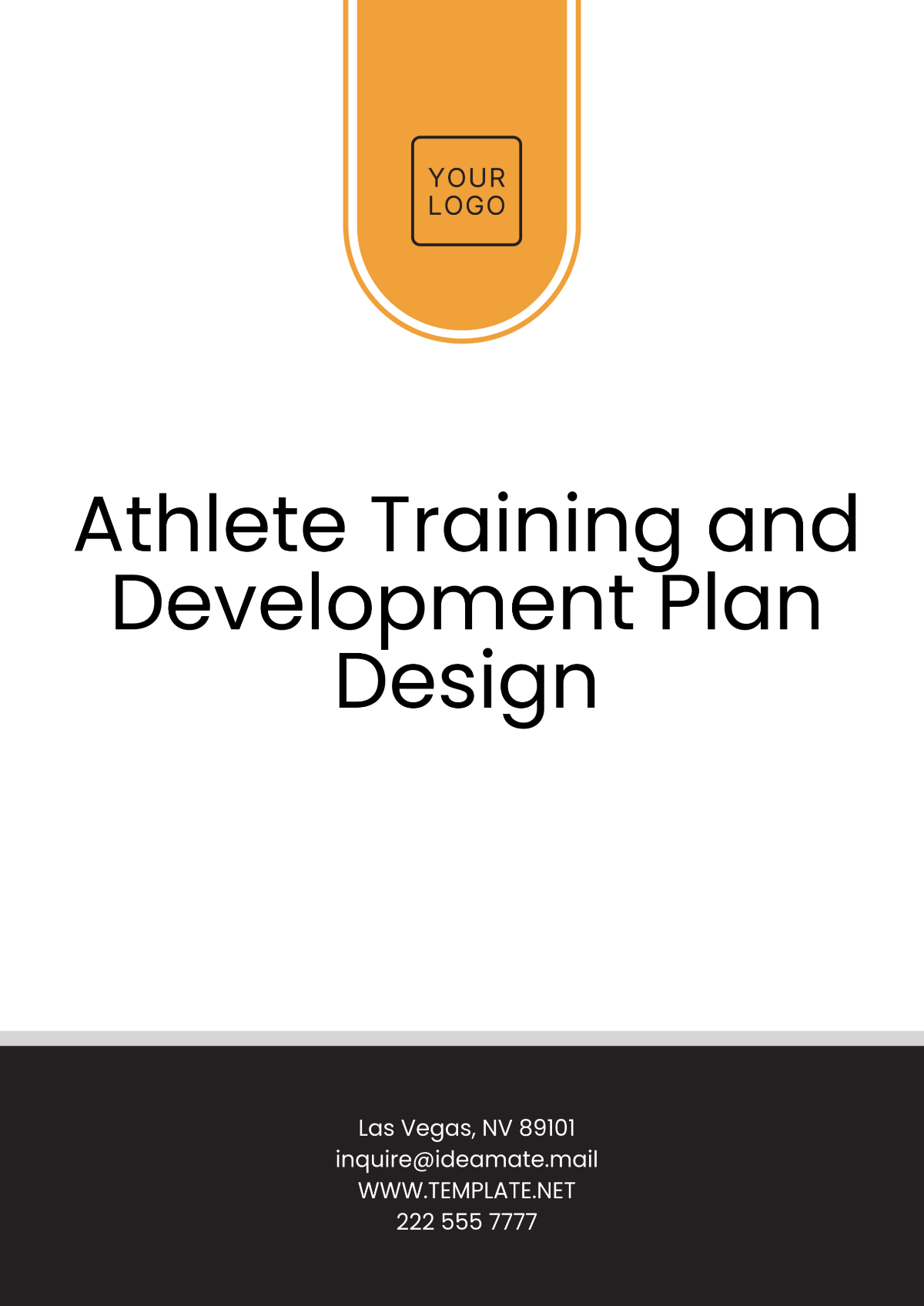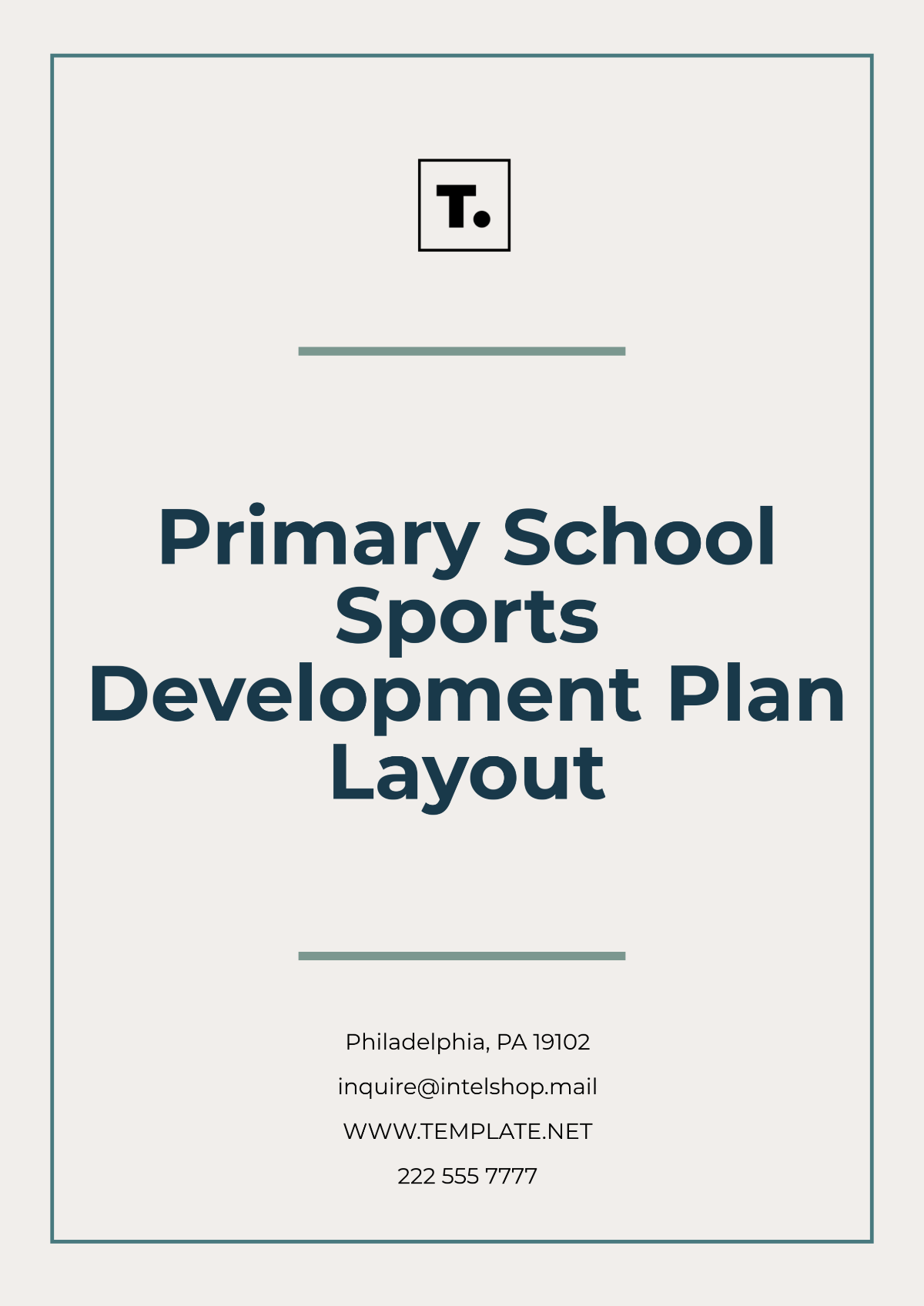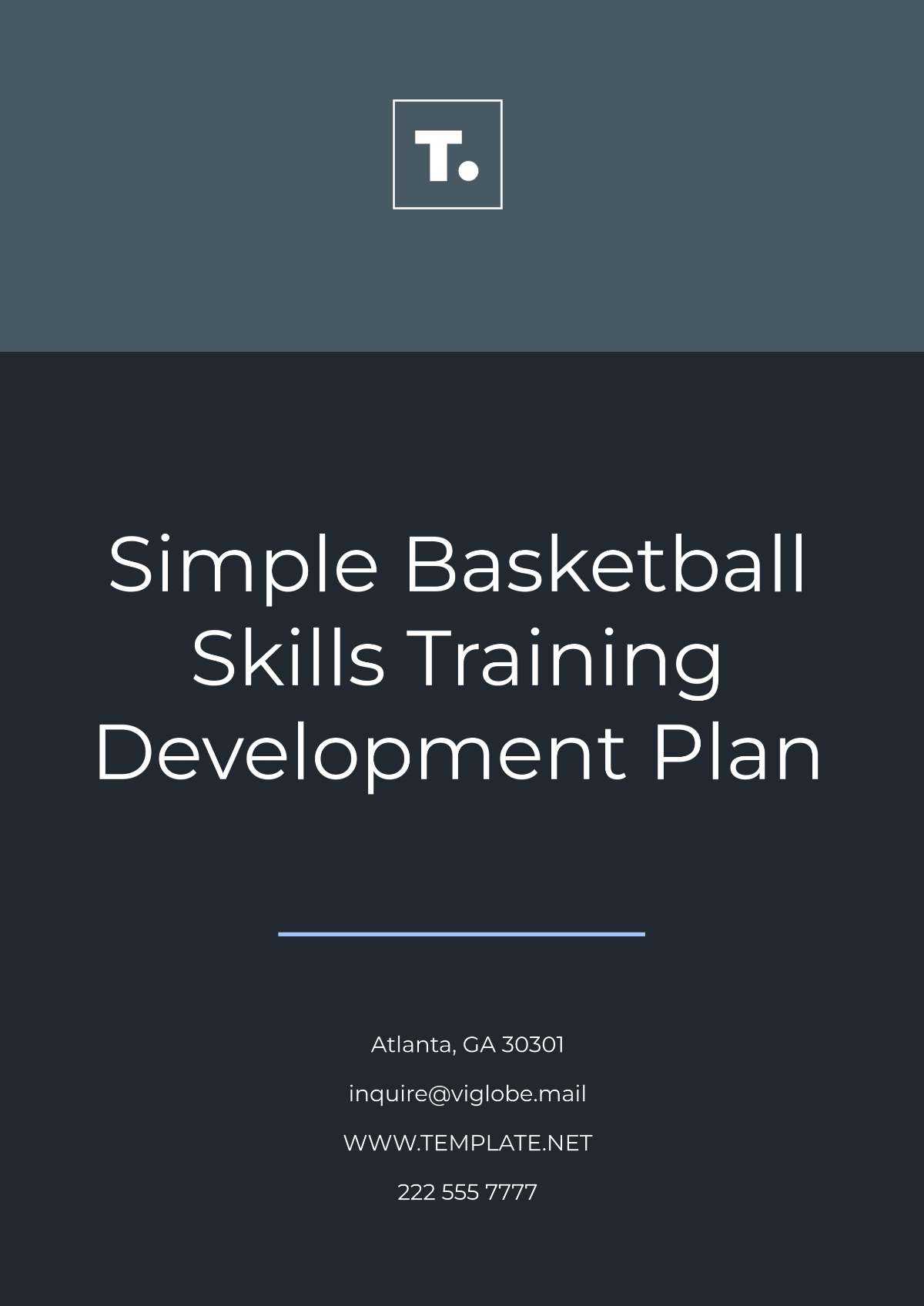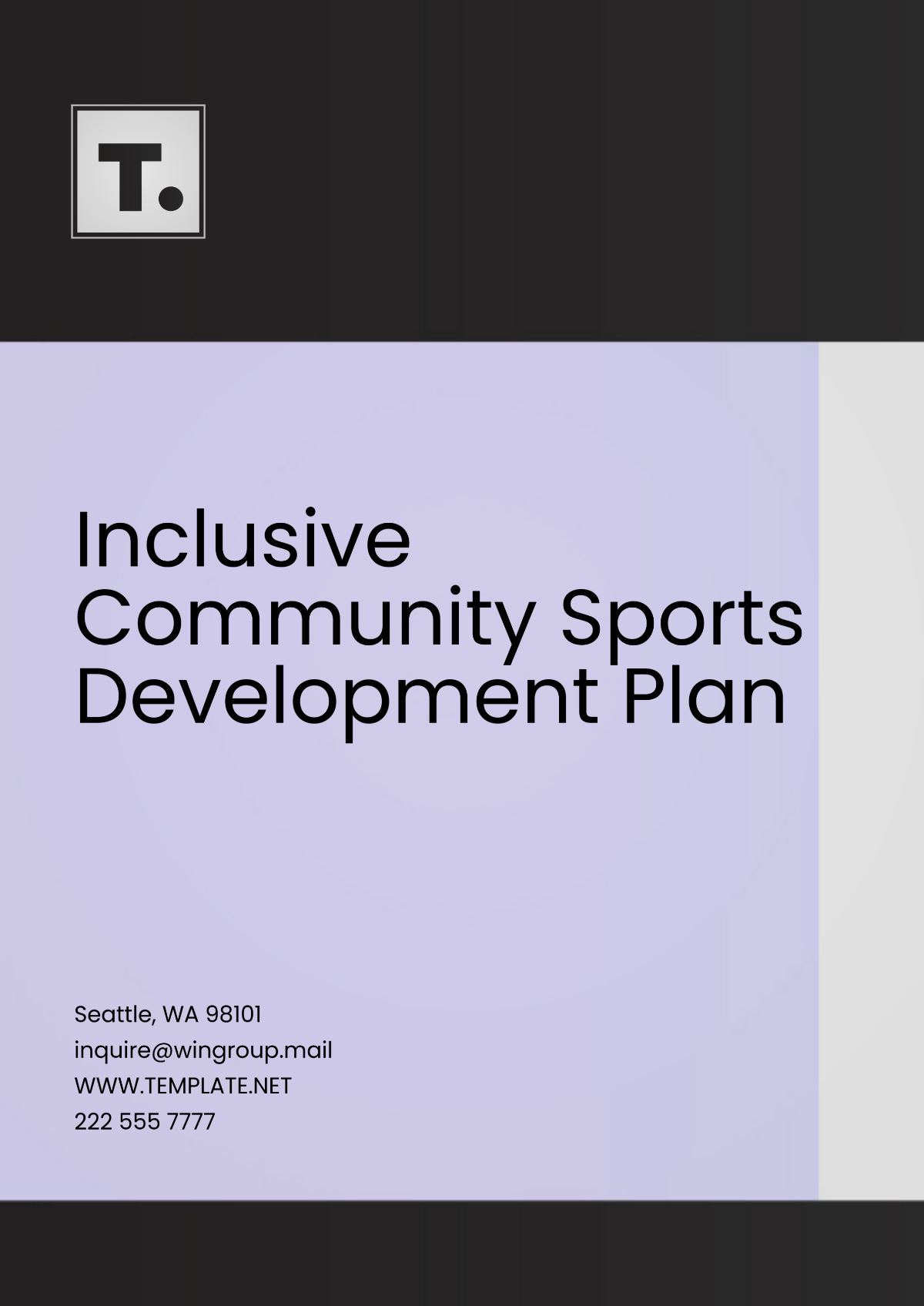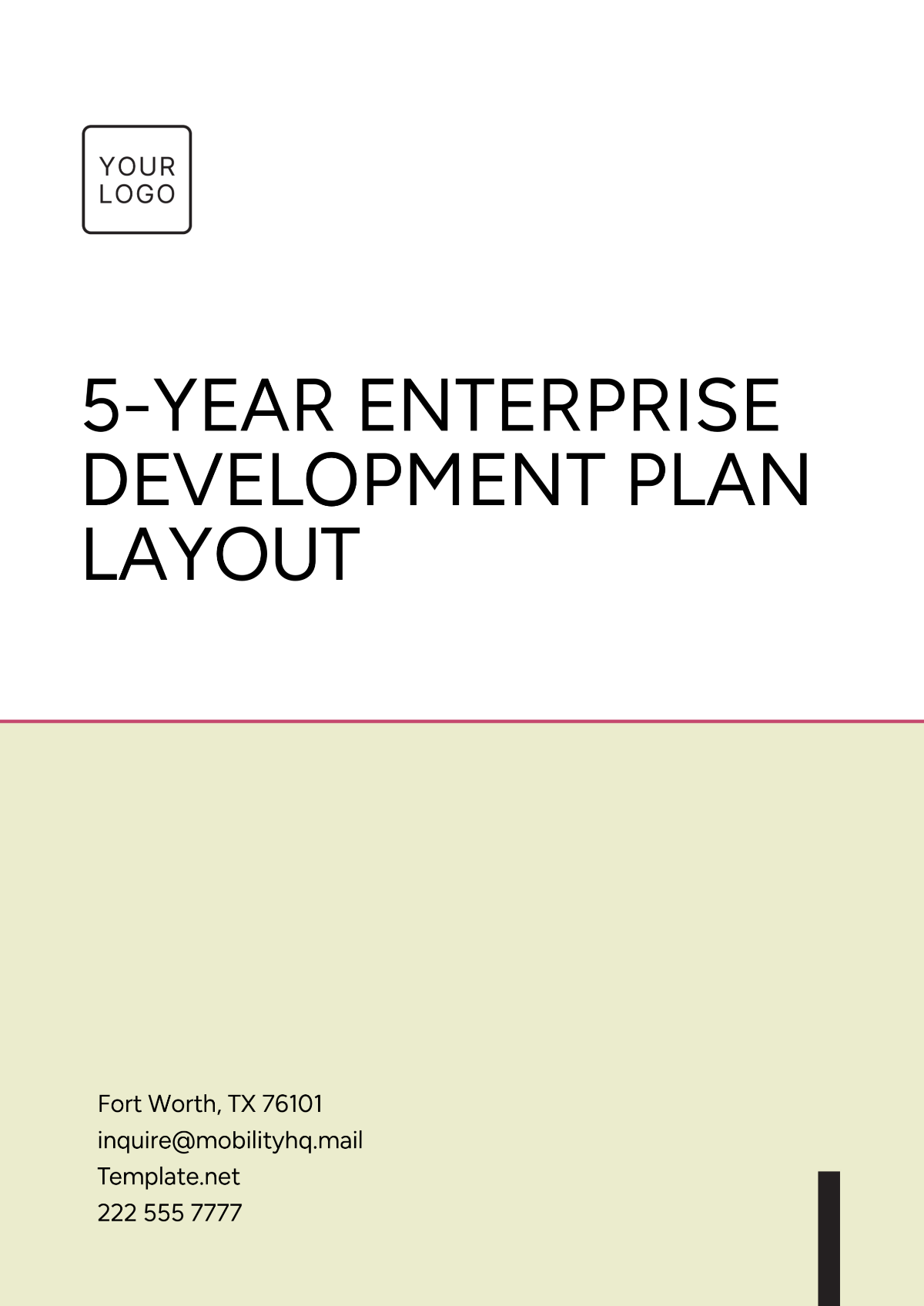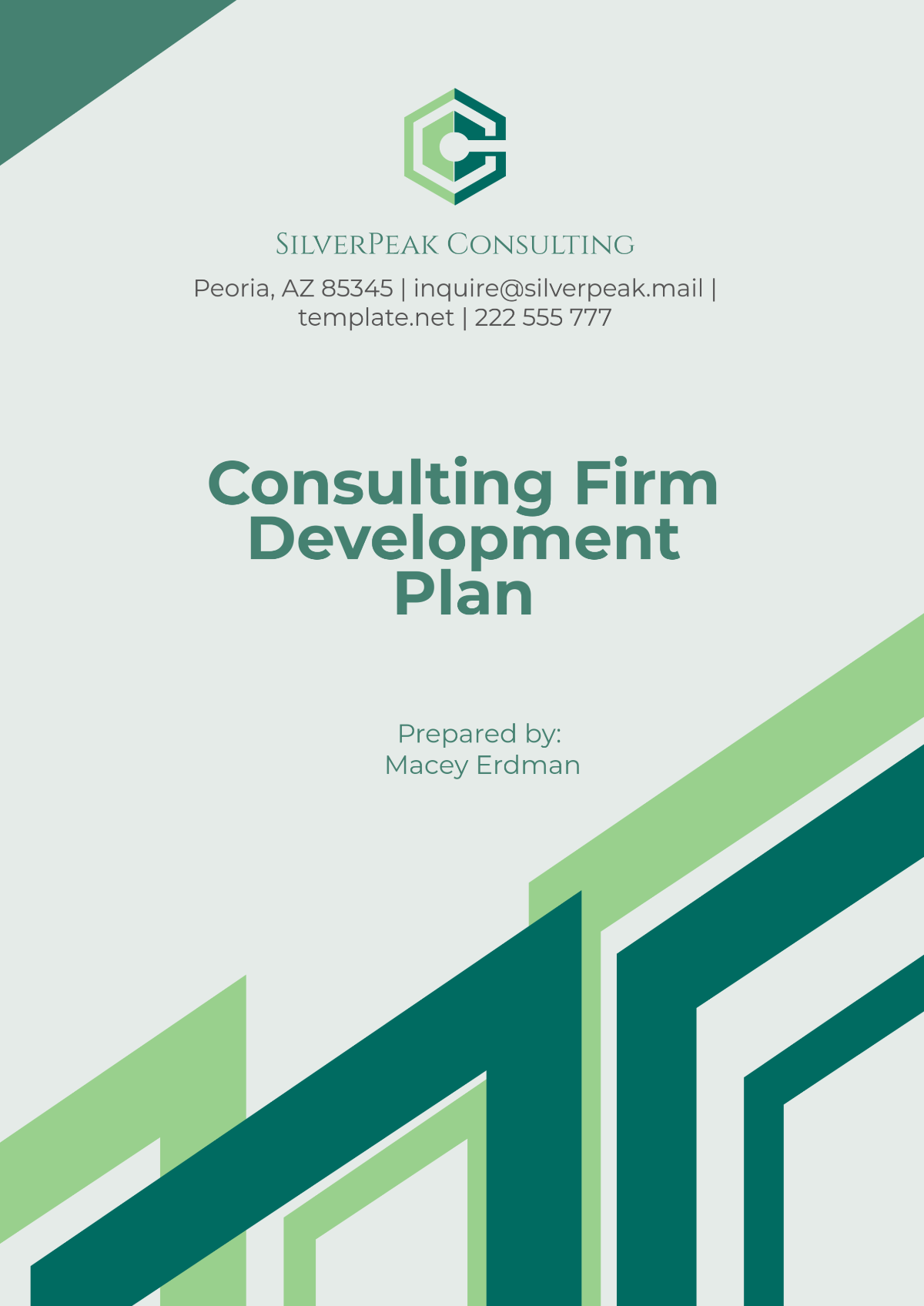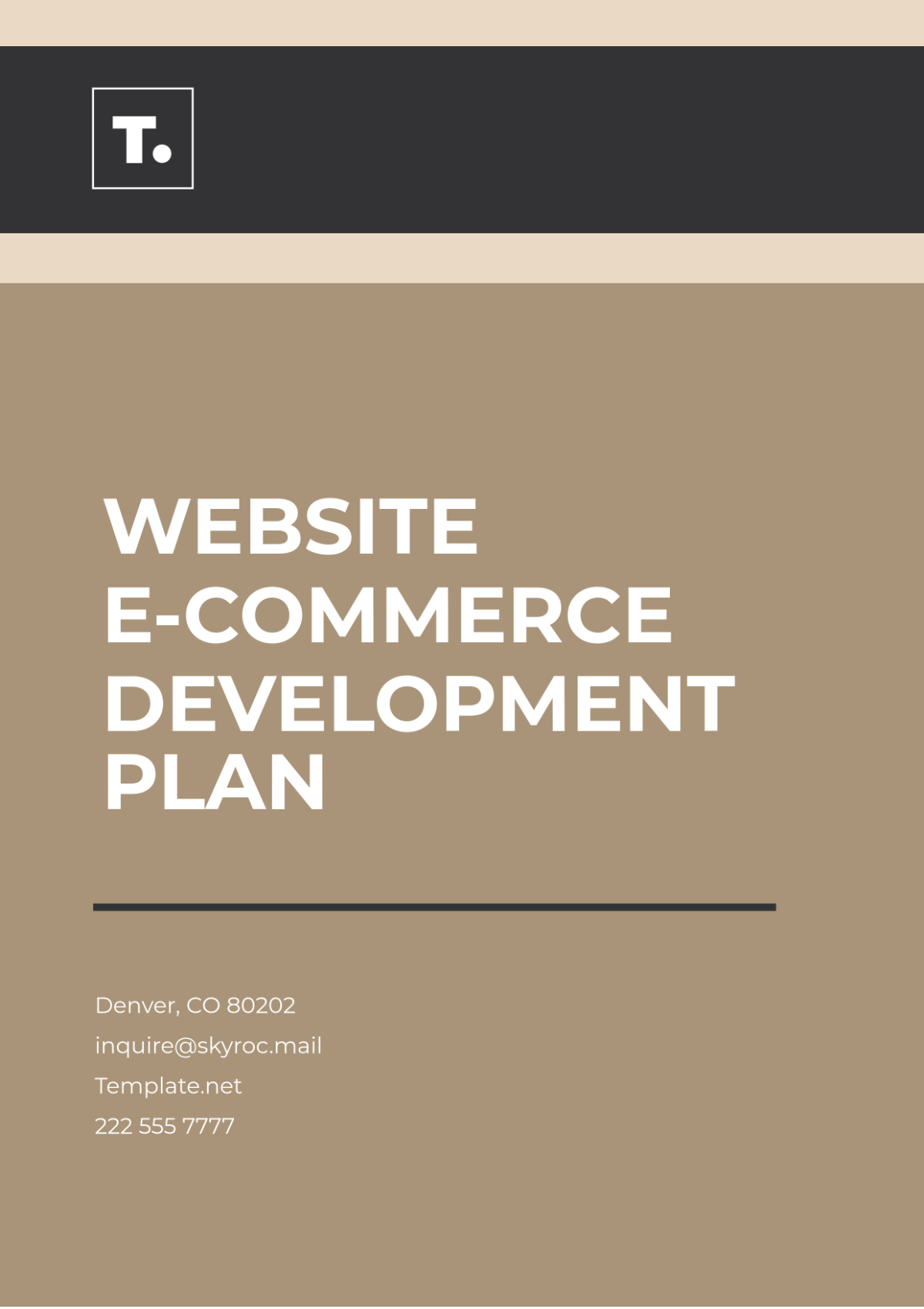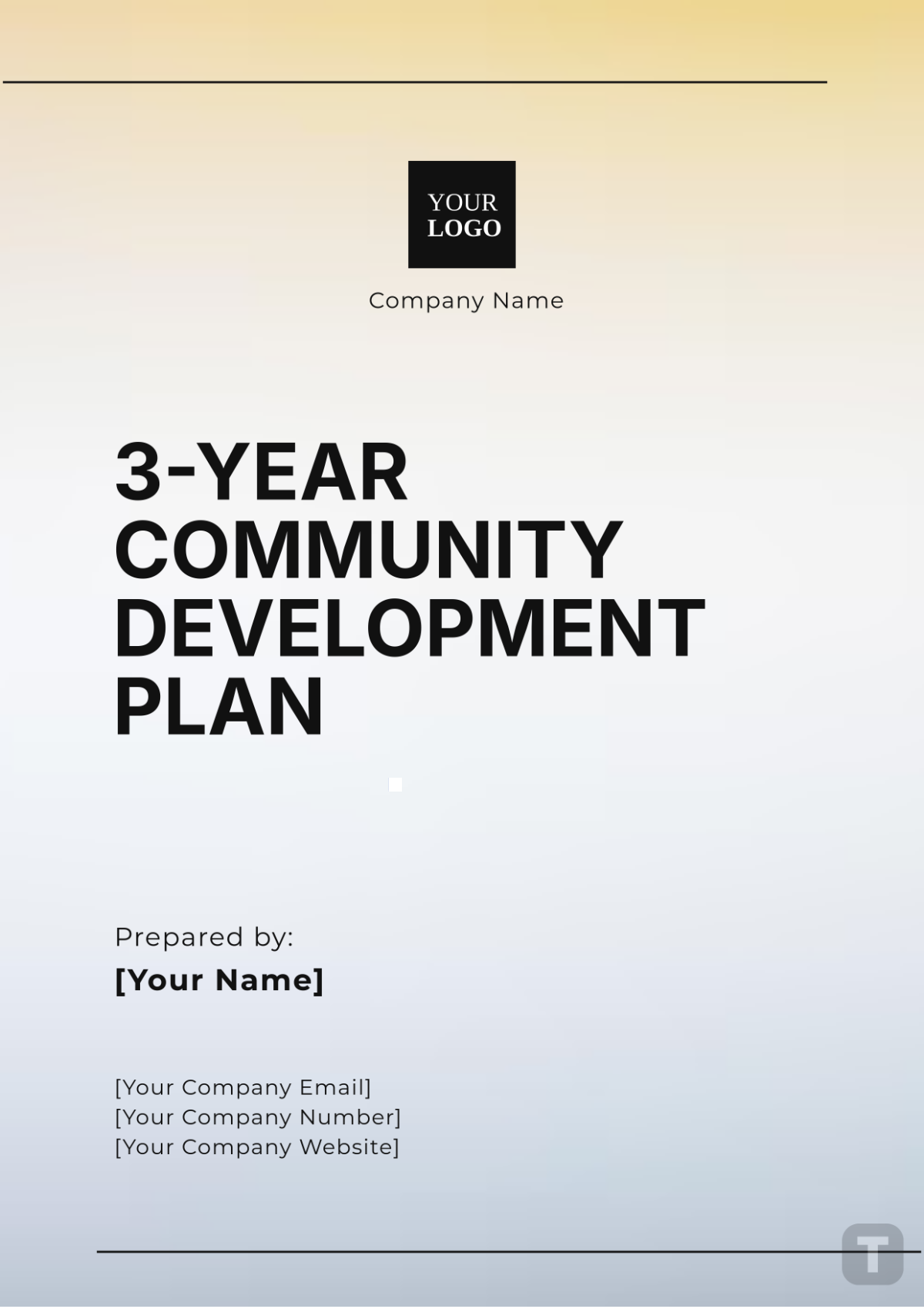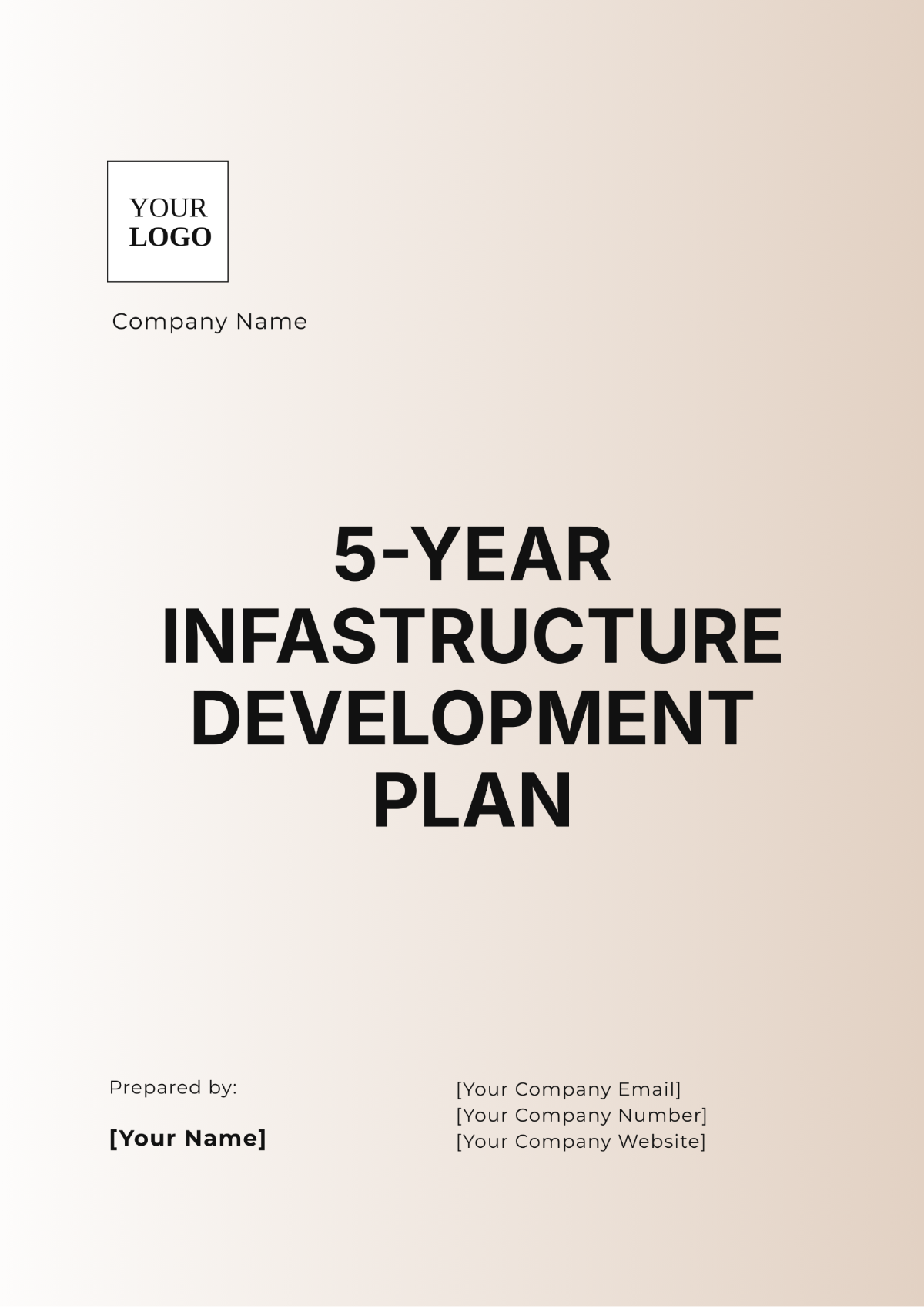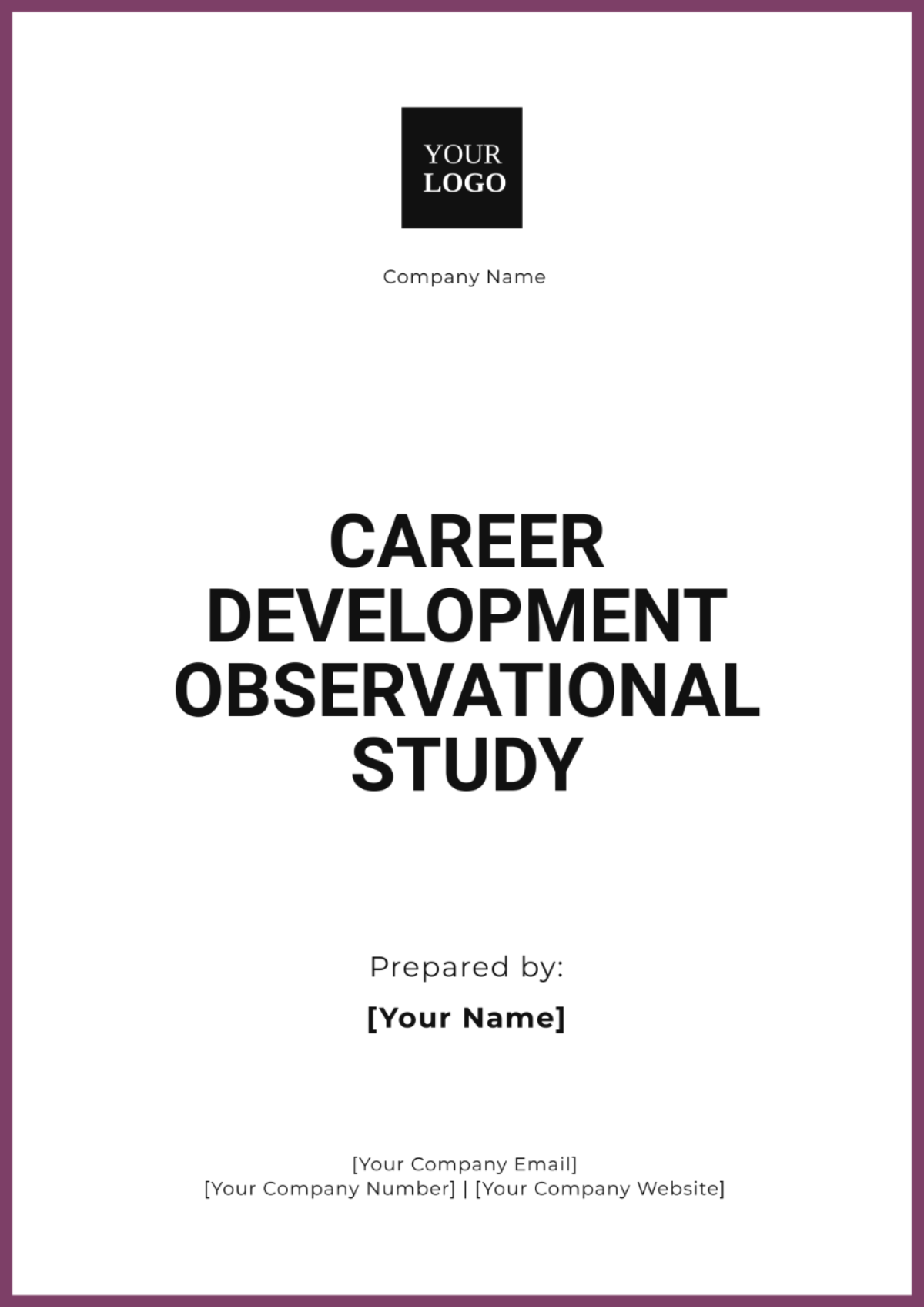3-Year Personal Development Plan
I. Introduction
This 3-Year Personal Development Plan outlines a clear, structured roadmap for achieving both personal and professional growth. By focusing on skill enhancement, knowledge acquisition, and well-being, this plan aims to cultivate a lifelong learning mindset and support ongoing self-improvement. The plan is divided into three phases: Foundation Building, Skill Enhancement, and Mastery & Contribution.
II. Year 1: Foundation Building
1.1 Self-Assessment
The first step to growth is self-awareness. Conducting a comprehensive self-assessment will help you understand your strengths, weaknesses, interests, and passions. This self-awareness serves as the foundation for setting meaningful goals and identifying areas for improvement.
SWOT Analysis: Evaluate your Strengths, Weaknesses, Opportunities, and Threats.
Personality Assessments: Leverage tools like the Myers-Briggs Type Indicator (MBTI), DISC, or the Big Five Personality Traits to gain deeper insights into your behavioral tendencies and preferences.
1.2 Skill Development
Begin developing essential foundational skills that are critical for both personal and professional success.
Skill | Resources |
|---|---|
Communication | Online courses, public speaking workshops, Toastmasters |
Time Management | Examples of resources like "Getting Things Done" by David Allen and productivity apps such as Todoist and Trello can help manage tasks effectively. |
Problem-Solving | Online resources, problem-solving frameworks (e.g., design thinking) |
Digital Literacy | Courses for certifications and technology tutorials, such as those for Google and Microsoft Office. |
1.3 Goal Setting
Establish SMART (Specific, Measurable, Achievable, Relevant, Time-bound) goals to guide your development efforts. Clear and actionable goals provide motivation and a sense of progress.
Specific: Improve public speaking skills.
Measurable: Deliver at least three presentations at work or public events.
Achievable: Take a public speaking course and practice regularly.
Relevant: This skill is important for career advancement in leadership roles.
Time-bound: Achieve this goal within 12 months.
III. Year 2: Skill Enhancement
2.1 Advanced Learning
In Year 2, focus on deepening your expertise by engaging in more advanced learning opportunities and gaining specialized knowledge in your field.
Specialized Courses: Sign up for advanced certifications, degree programs, or online classes like those on Coursera or Udemy that match your career objectives.
Industry Conferences and Seminars: Attend events to learn from thought leaders and stay updated with the latest trends.
2.2 Networking
Building a strong professional network is essential for career growth and exposure to new opportunities.
Join Professional Associations: Become a member of relevant industry organizations to access resources, mentorship, and networking opportunities.
Attend Networking Events: Participate in both in-person and virtual events to expand your circle and build meaningful connections.
LinkedIn Engagement: Actively participate in LinkedIn discussions, share insights, and connect with like-minded professionals.
2.3 Personal Wellness
Holistic personal development includes focusing on physical, mental, and emotional well-being.
Exercise and Nutrition: Engage in consistent exercise several times a week and follow a nutritious diet to promote overall well-being.
Mindfulness and Meditation: Engage in mindfulness practices, meditation, or yoga to manage stress, enhance focus, and promote mental clarity.
Work-Life Balance: Set boundaries to ensure that personal time is prioritized and burnout is avoided.
IV. Year 3: Mastery and Contribution
3.1 Achieving Mastery
By Year 3, the focus is on mastering your craft and becoming a recognized expert in your chosen field.
Mentorship or Coaching: Seek mentorship from established professionals or offer coaching to others, further refining your expertise and leadership skills.
Publishing and Speaking: Contribute to your field by publishing articles, blog posts, or research papers. Additionally, consider speaking at conferences or webinars to share your knowledge.
3.2 Giving Back
Contributing to the community and supporting others’ development can be an incredibly rewarding part of your journey.
Volunteer Work: Offer your time and skills to local or global causes, making a meaningful impact.
Mentoring: Guide those who are just beginning their personal or professional journey, helping them navigate challenges you’ve already overcome.
3.3 Continuous Improvement
The final year is not the end of the development journey—it’s the beginning of ongoing improvement and growth.
Skill Refreshment: Regularly assess your skills and identify areas for further improvement. Stay adaptable to industry changes and technological advancements.
Lifelong Learning: Commit to learning continuously, whether through formal education, online courses, or self-study. New goals and challenges should be set regularly to keep progressing.
V. Conclusion
A 3-Year Personal Development Plan offers a structured and proactive approach to achieving lasting personal and professional growth. By focusing on foundational skill-building, deepening expertise, and giving back to the community, individuals can ensure long-term success, fulfillment, and the ability to adapt to new challenges. Following this plan will not only result in personal satisfaction but also meaningful contributions to both your career and society at large.
